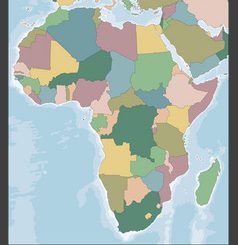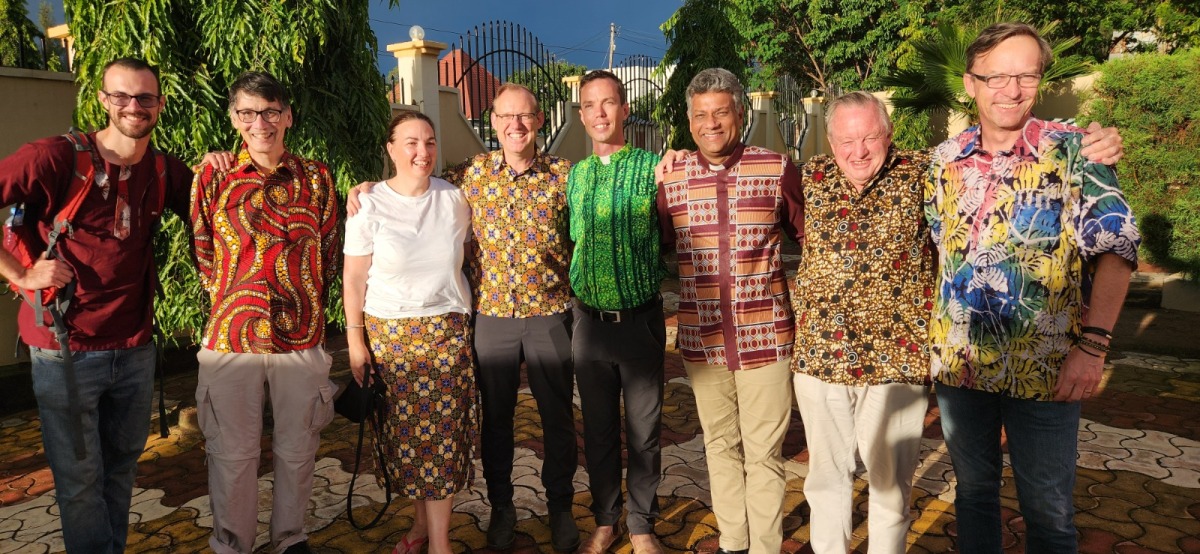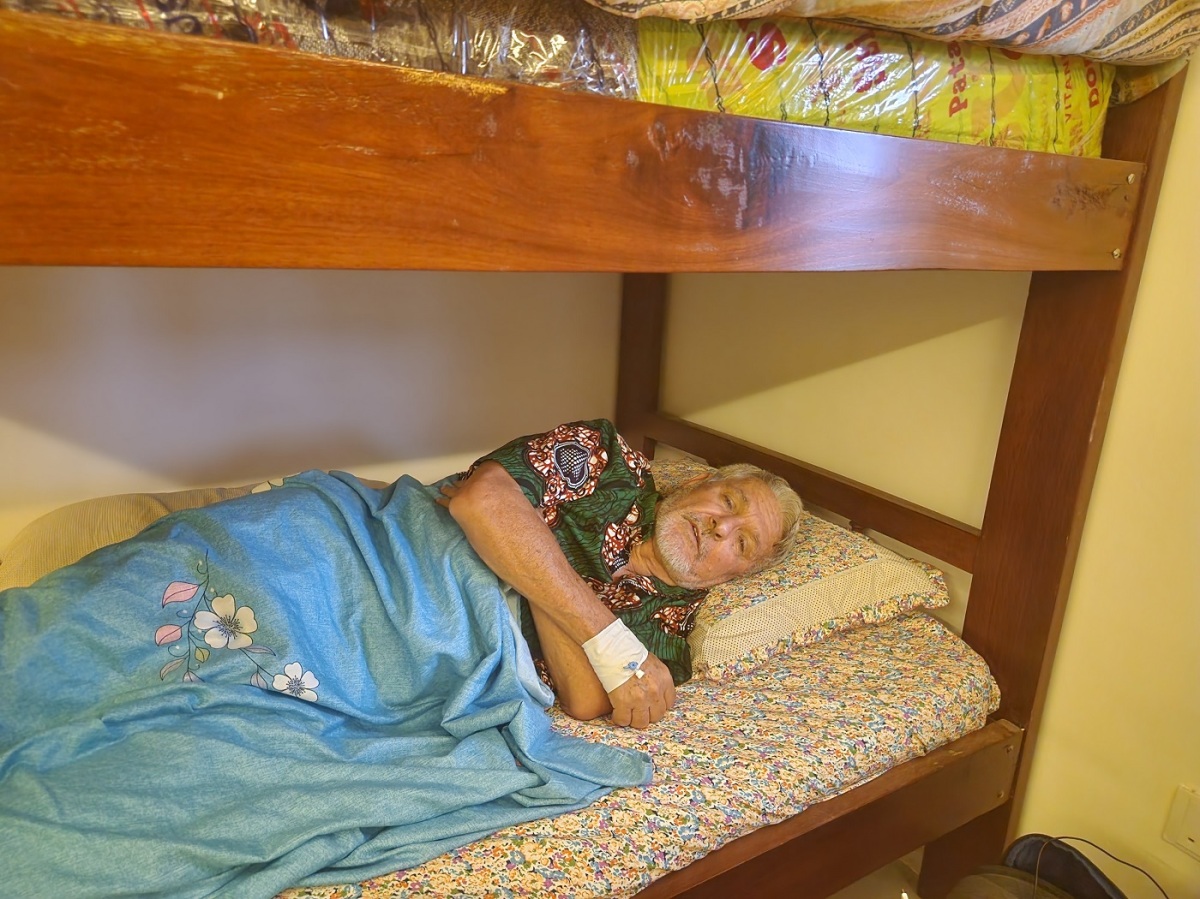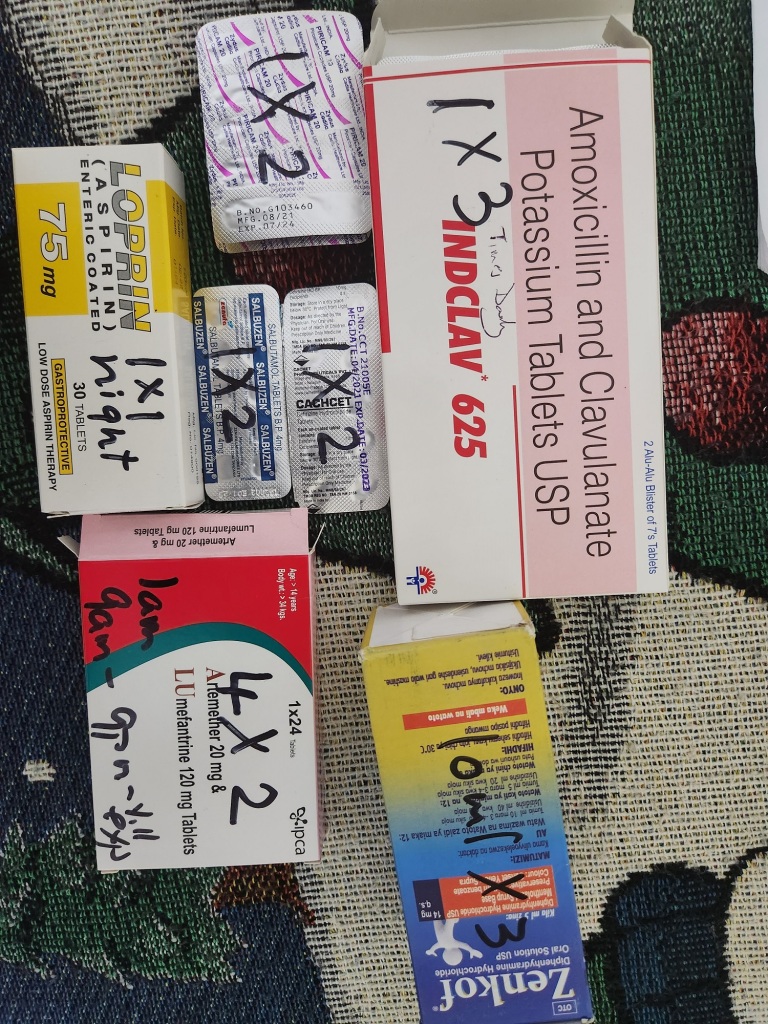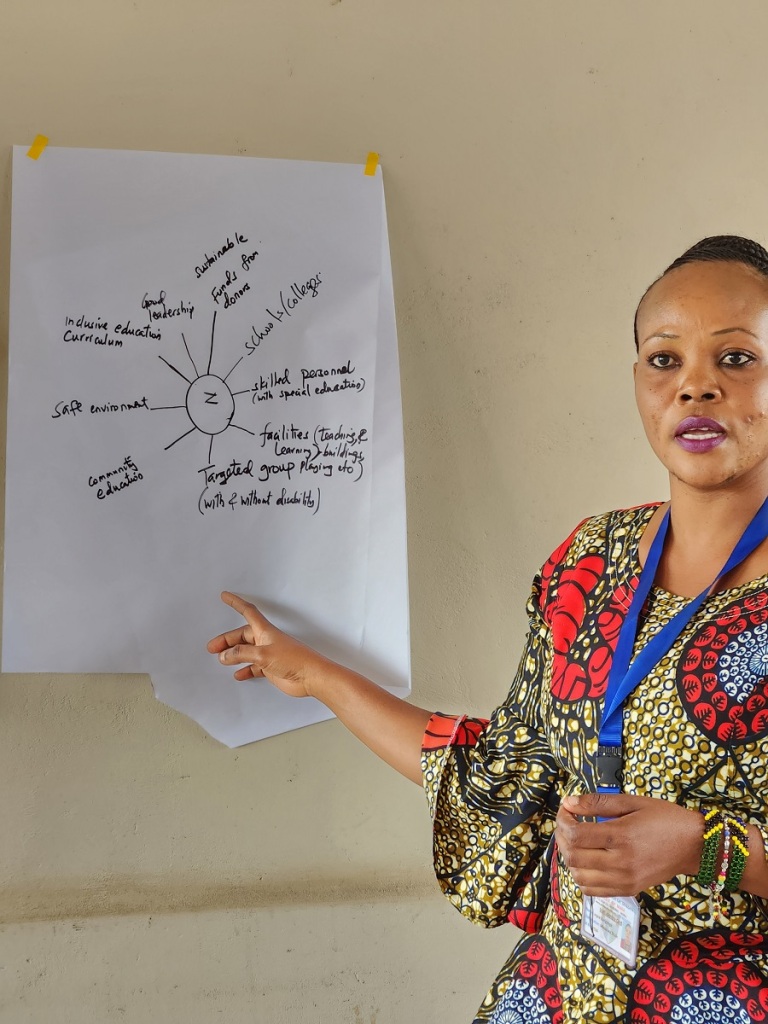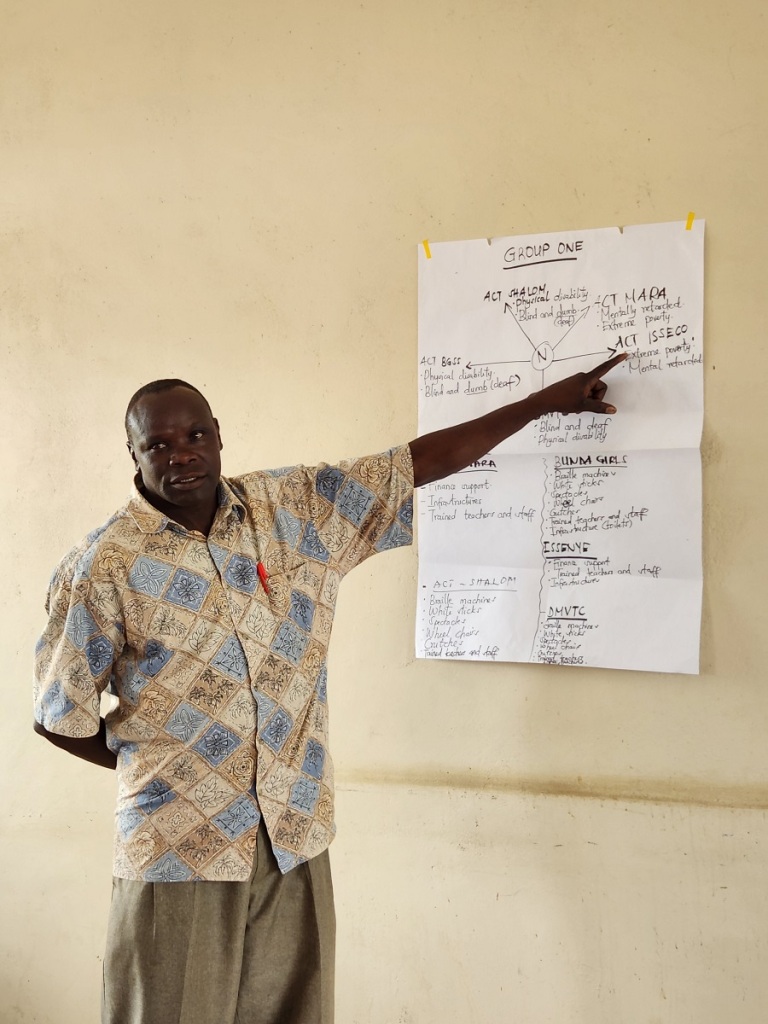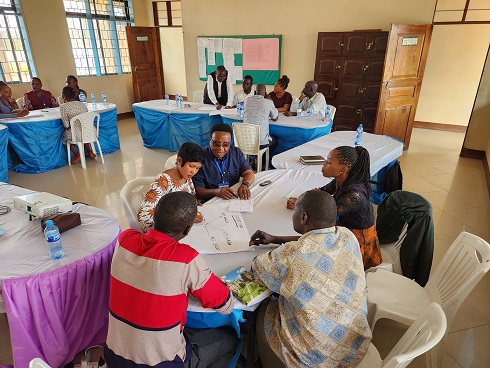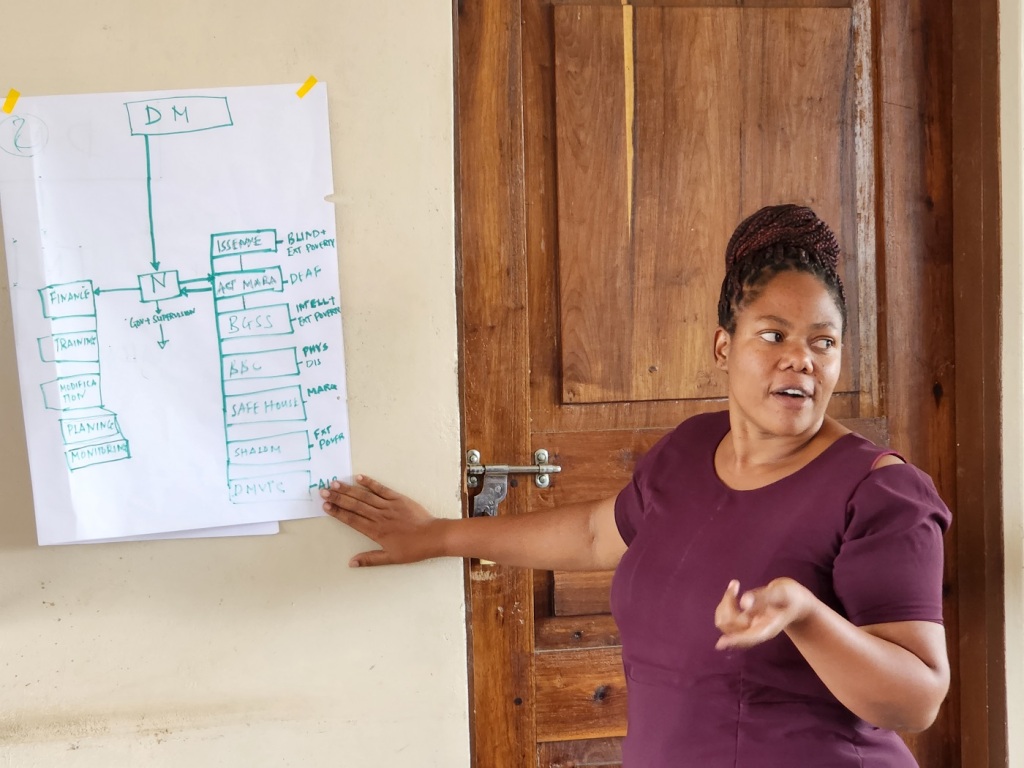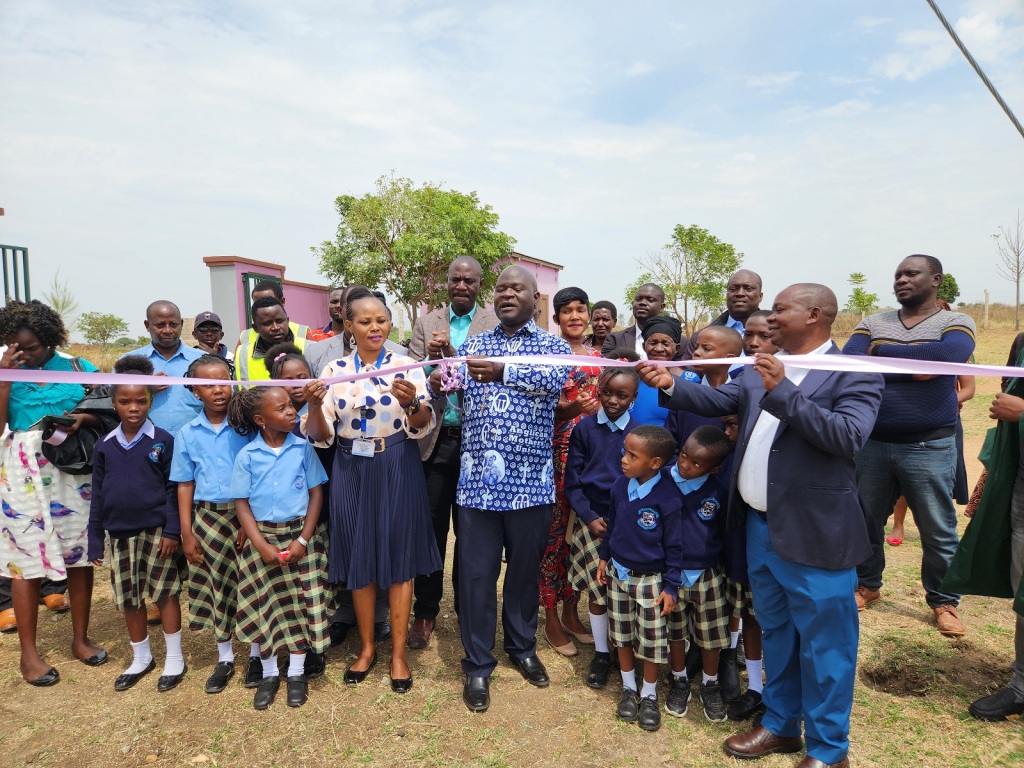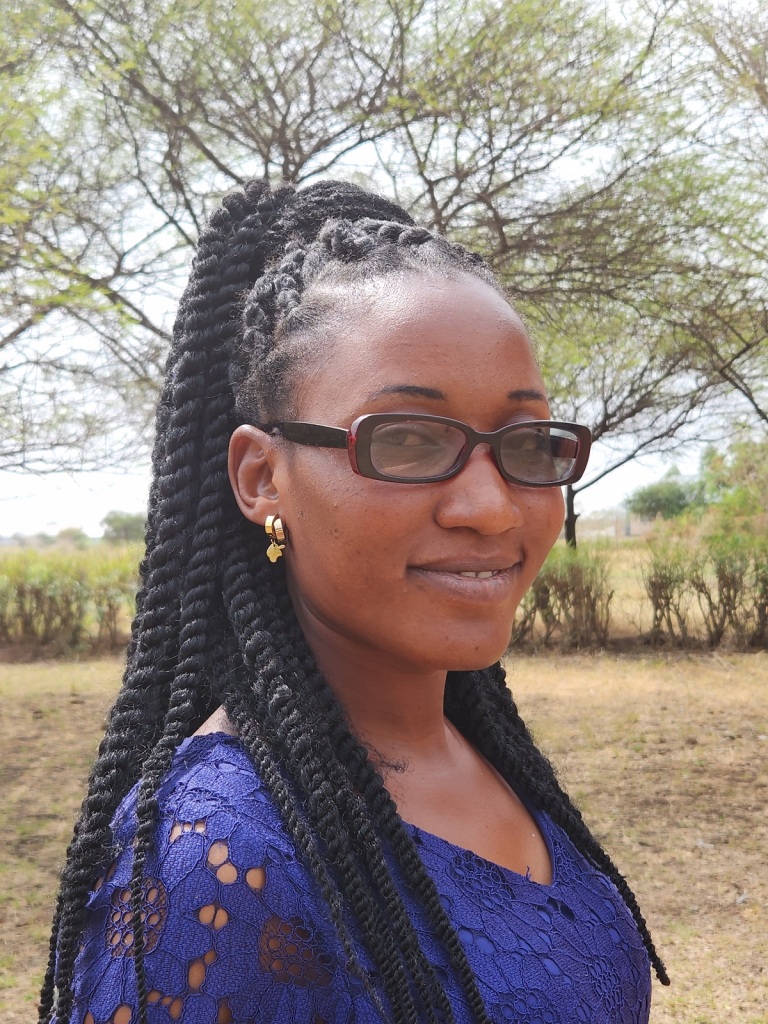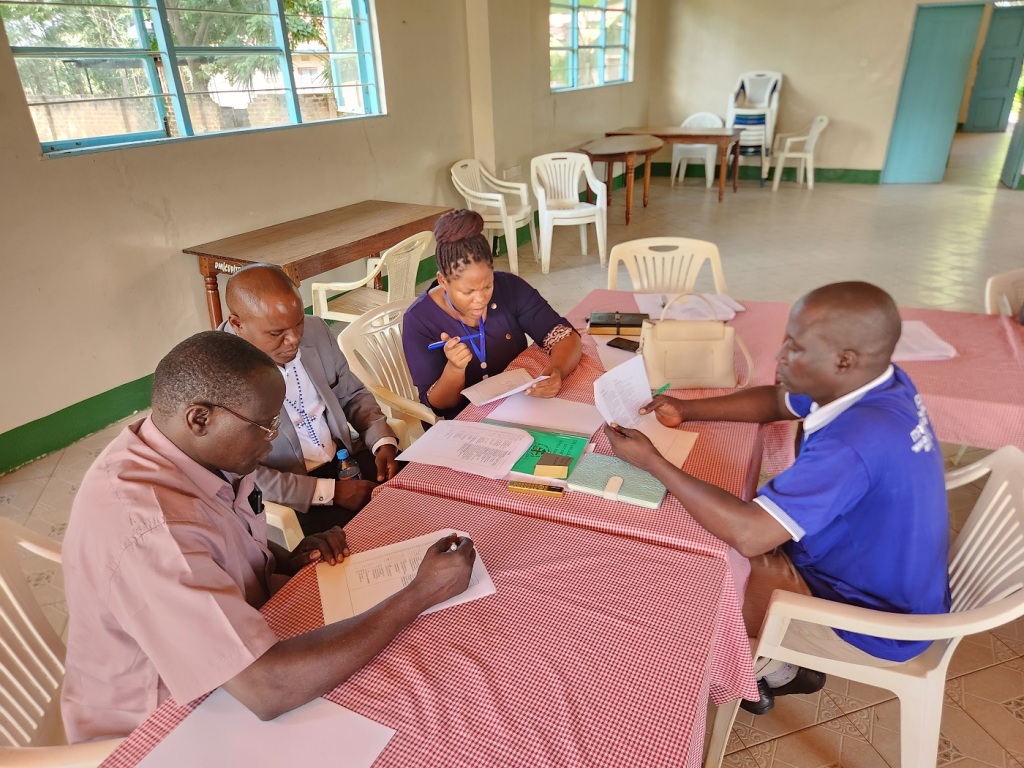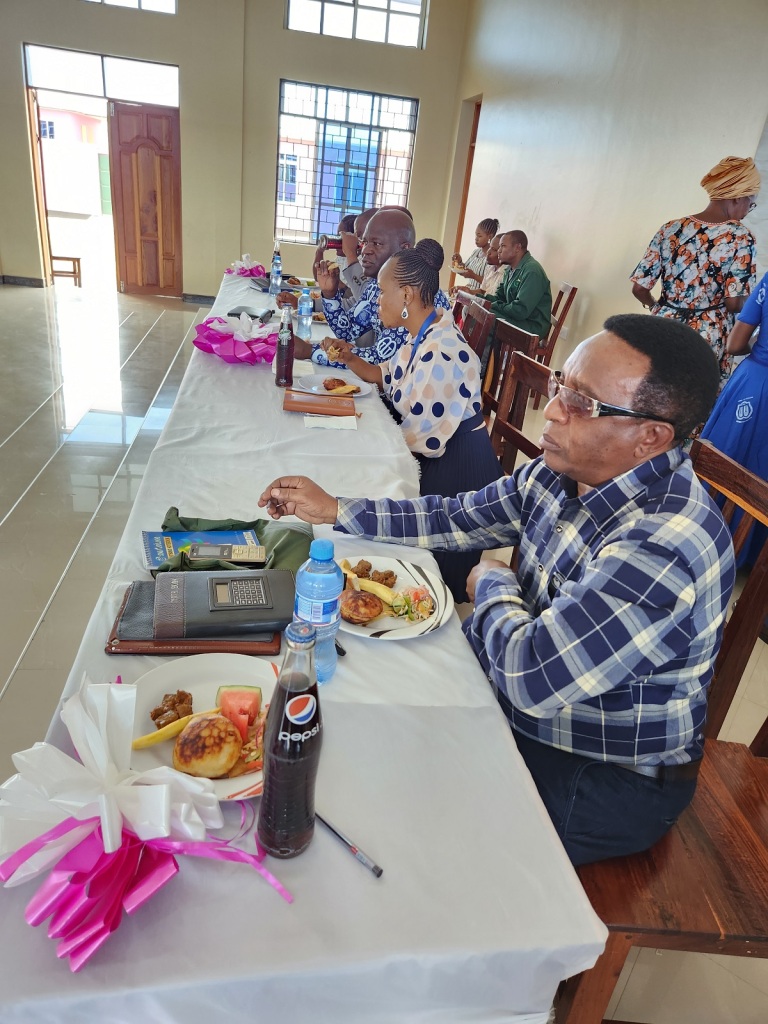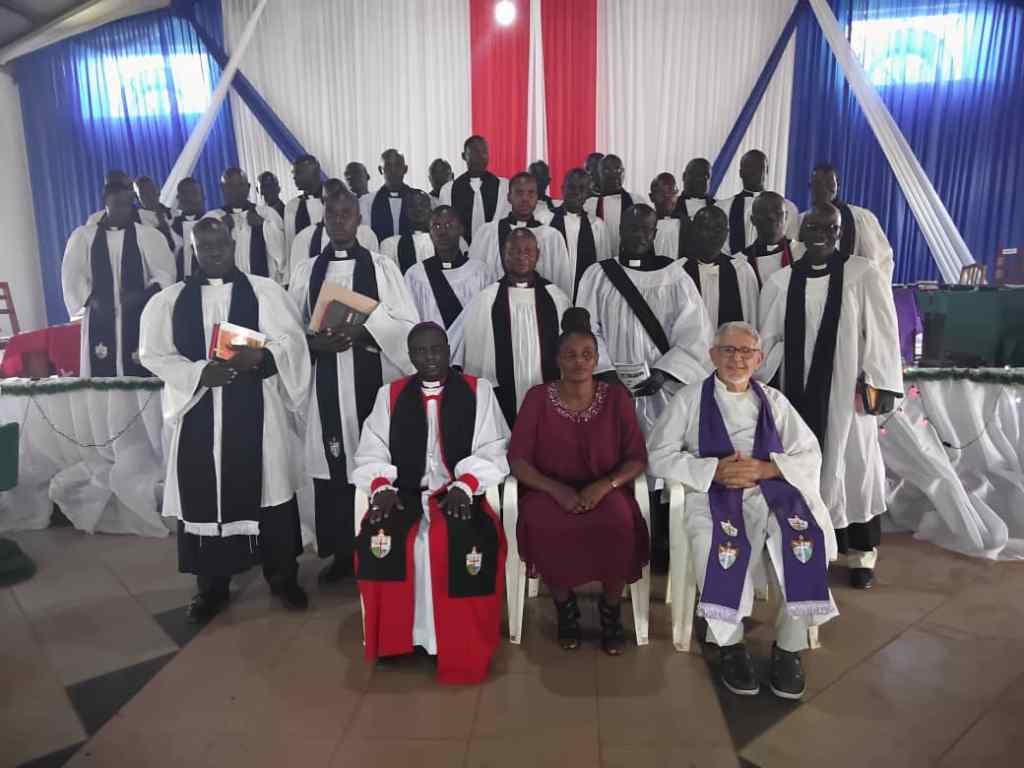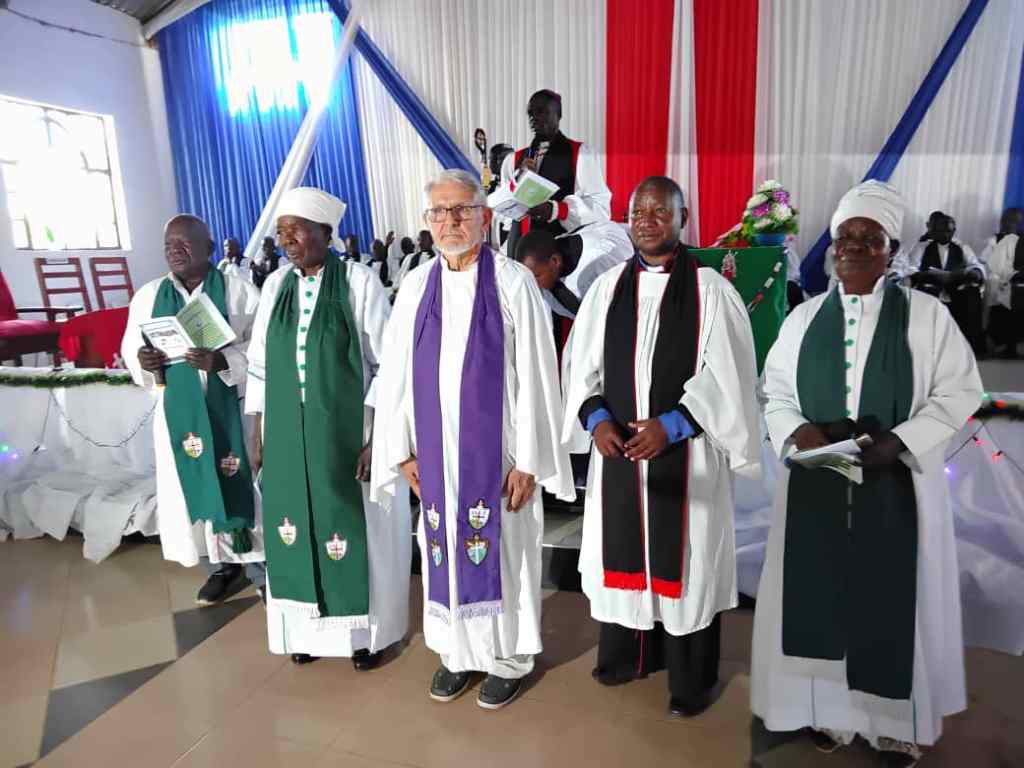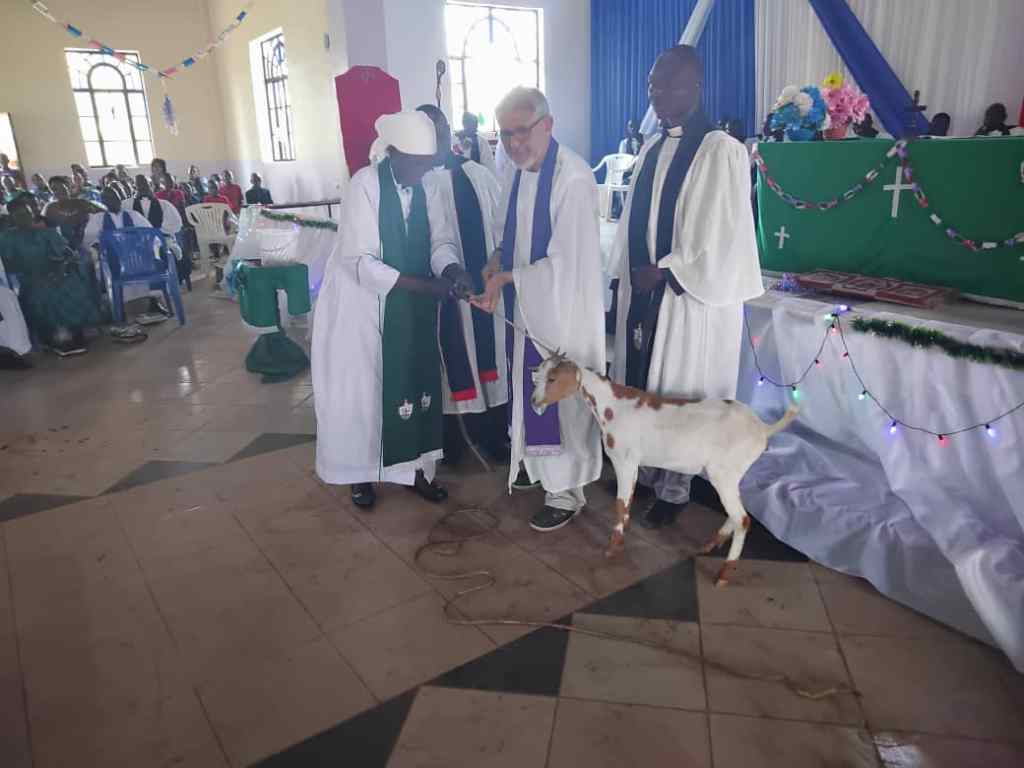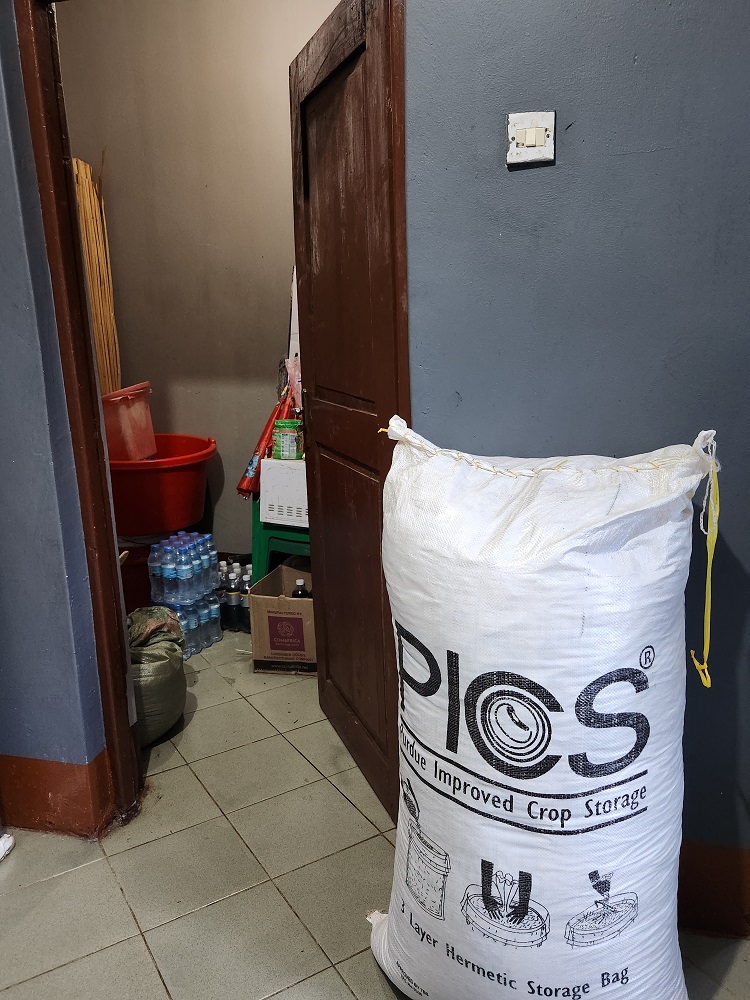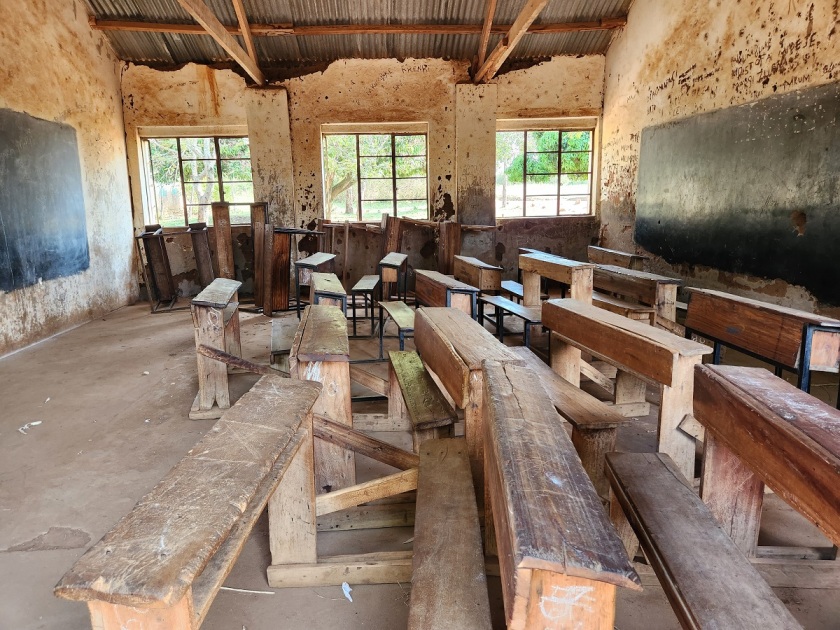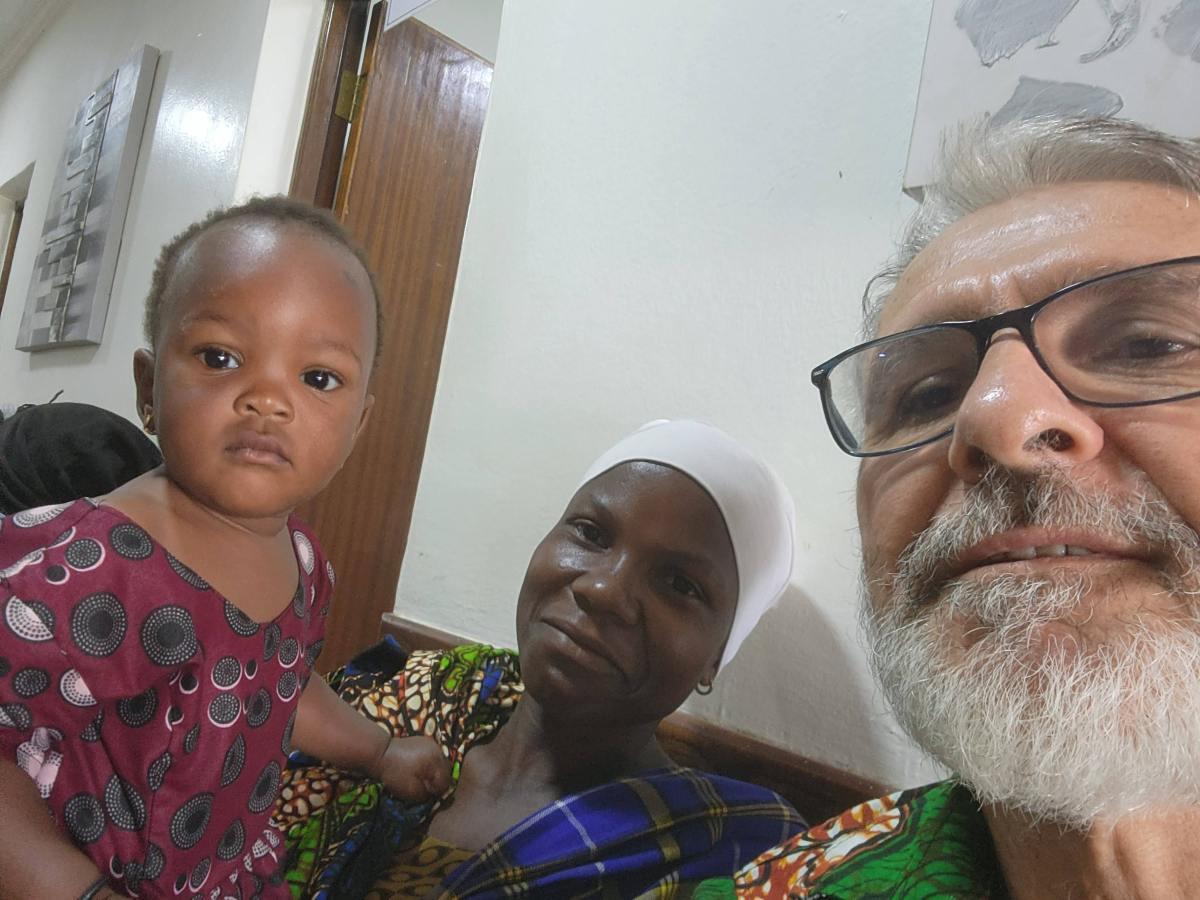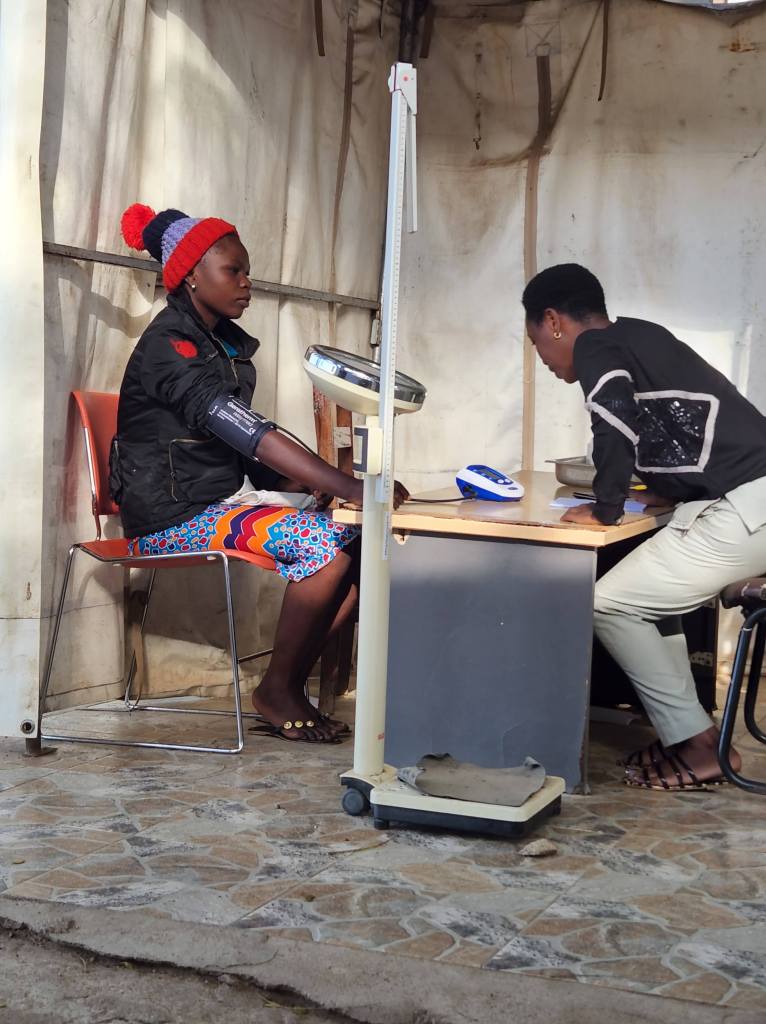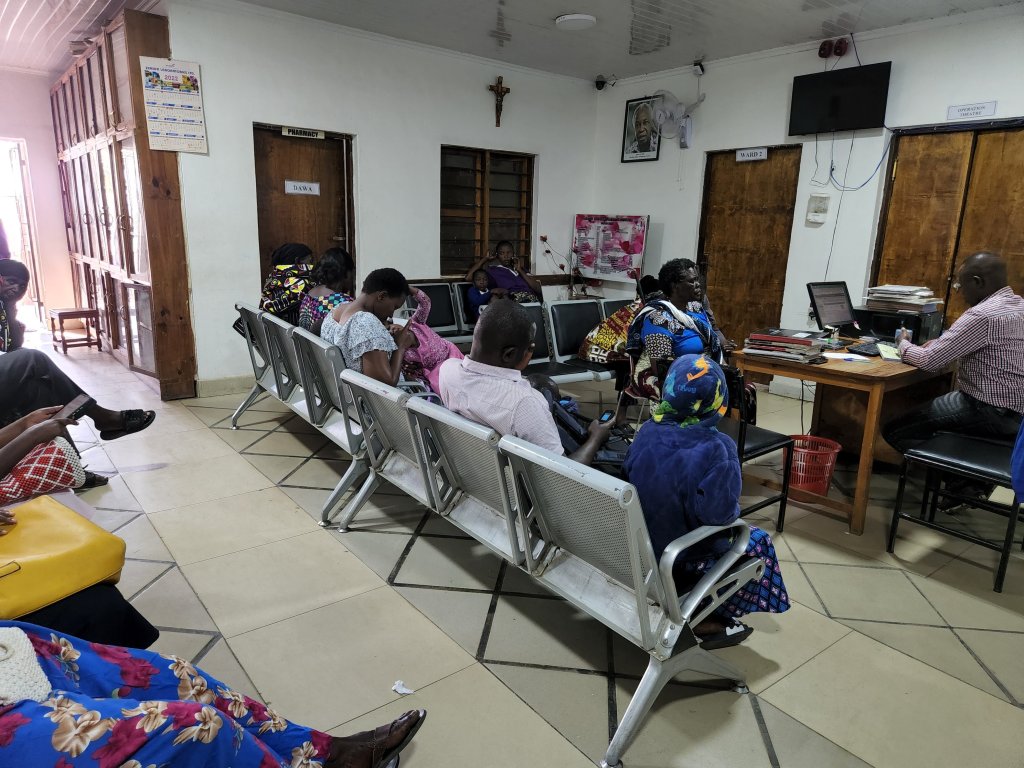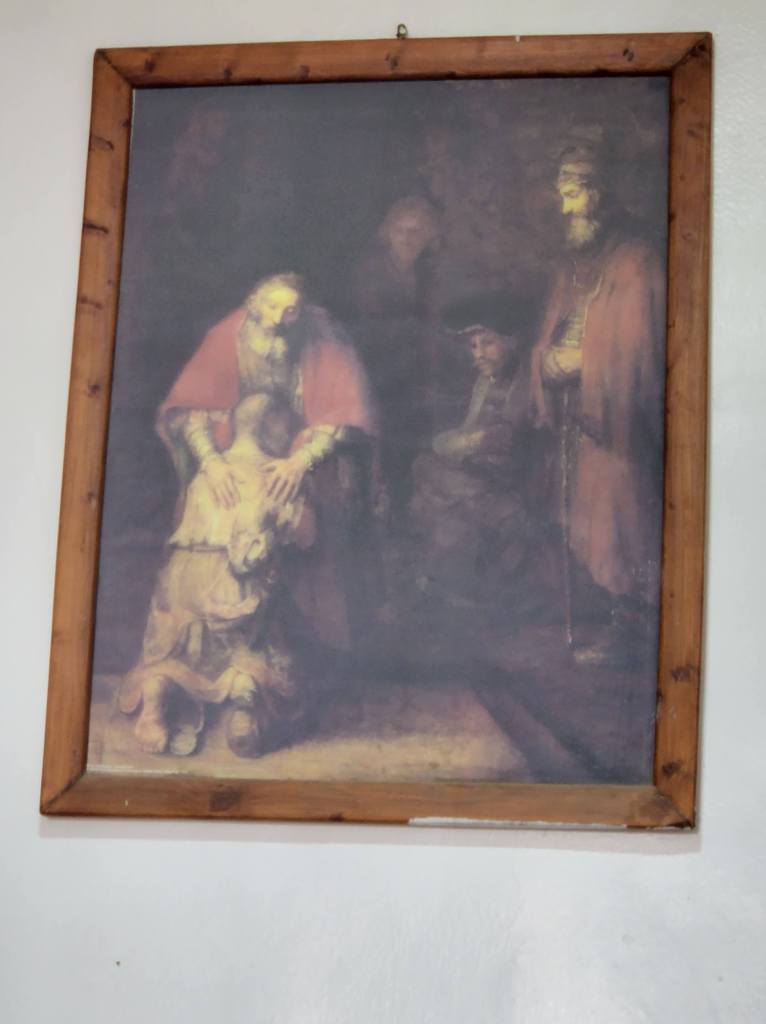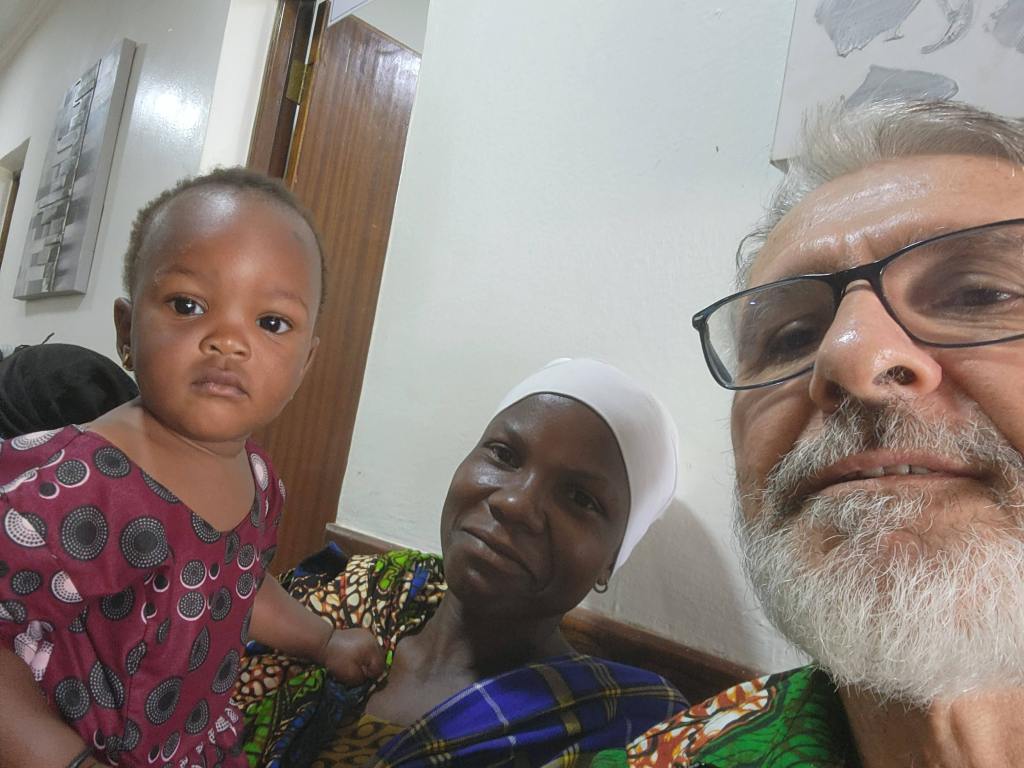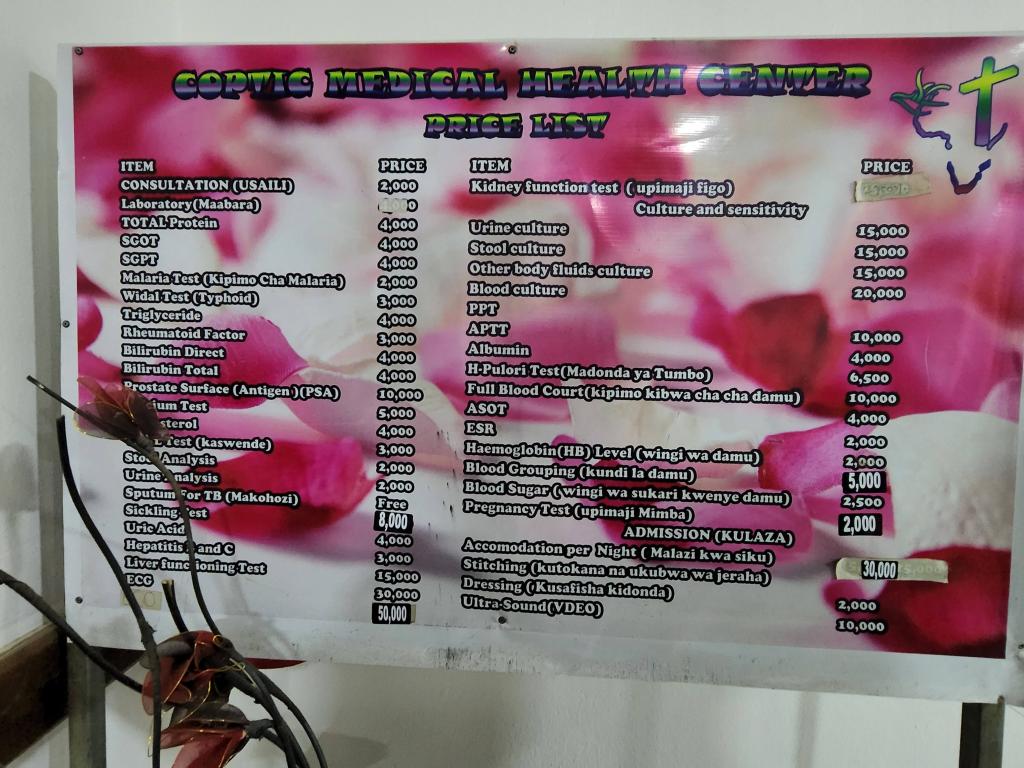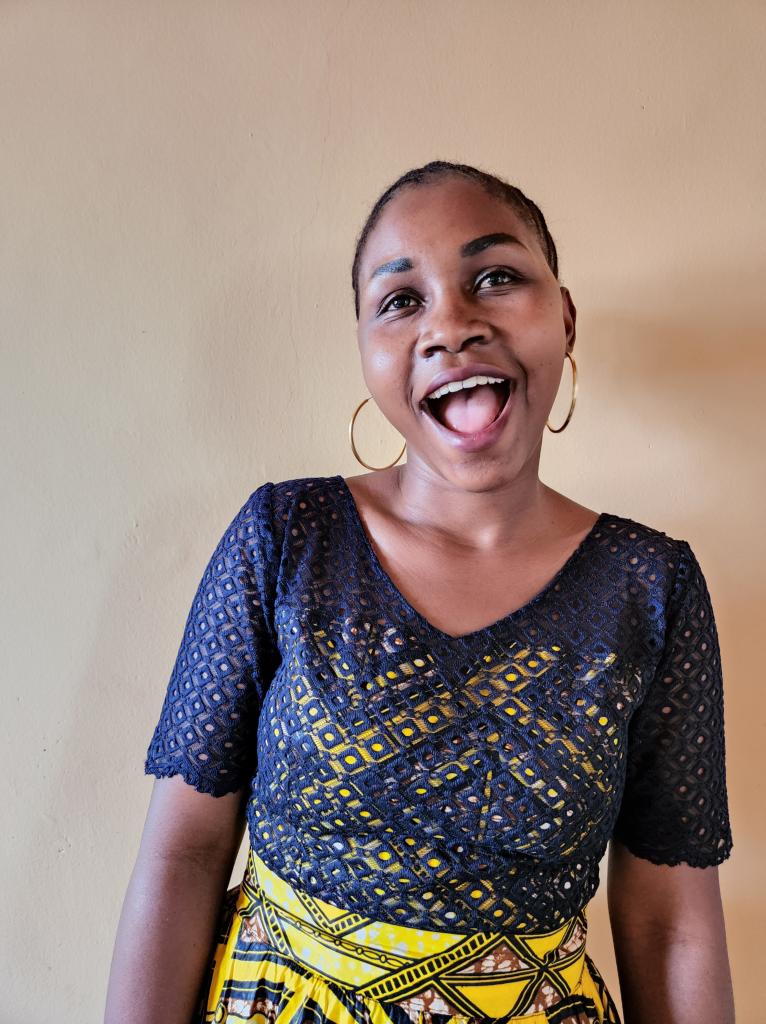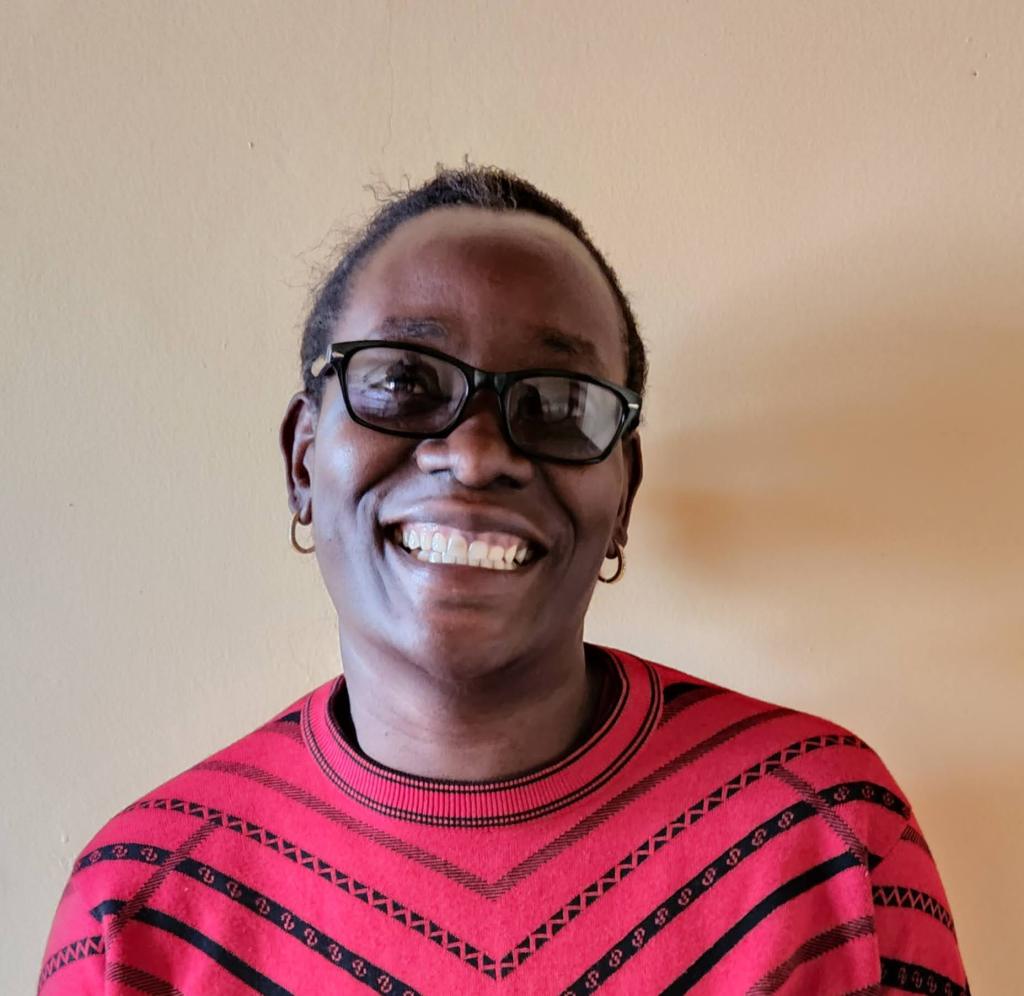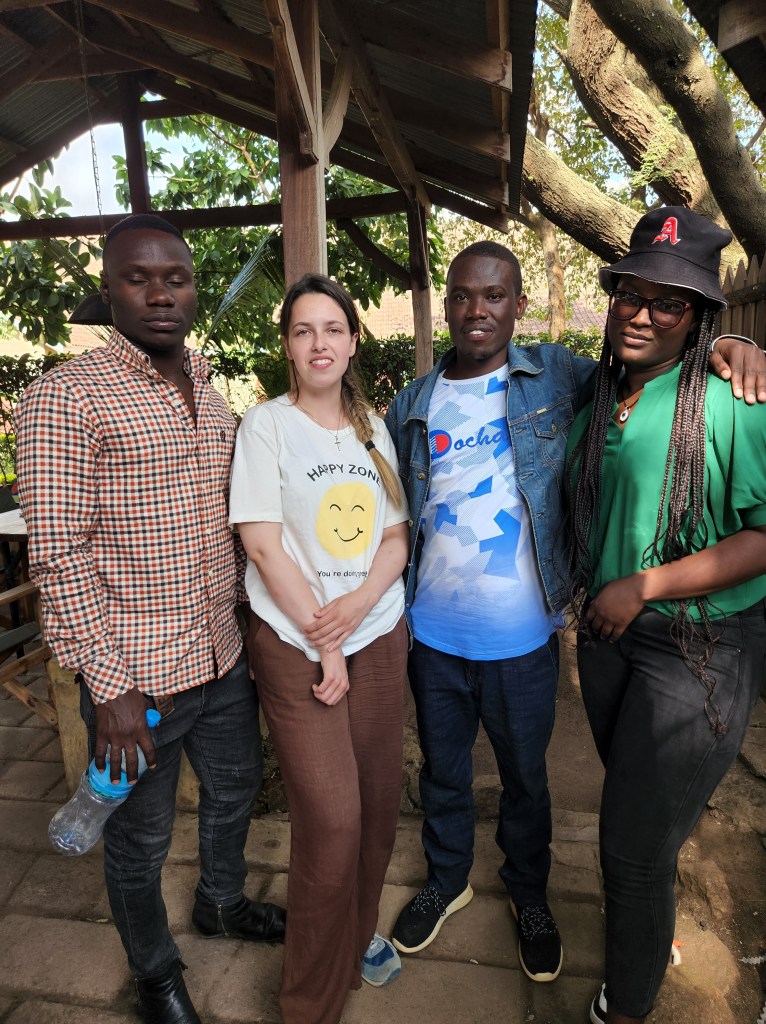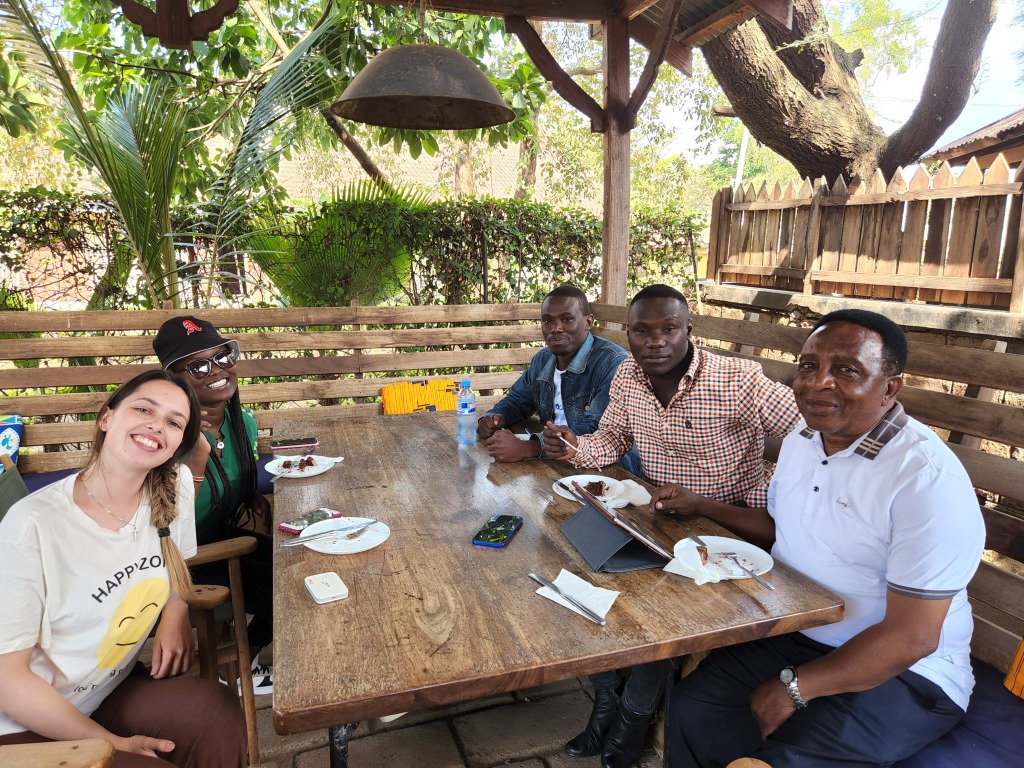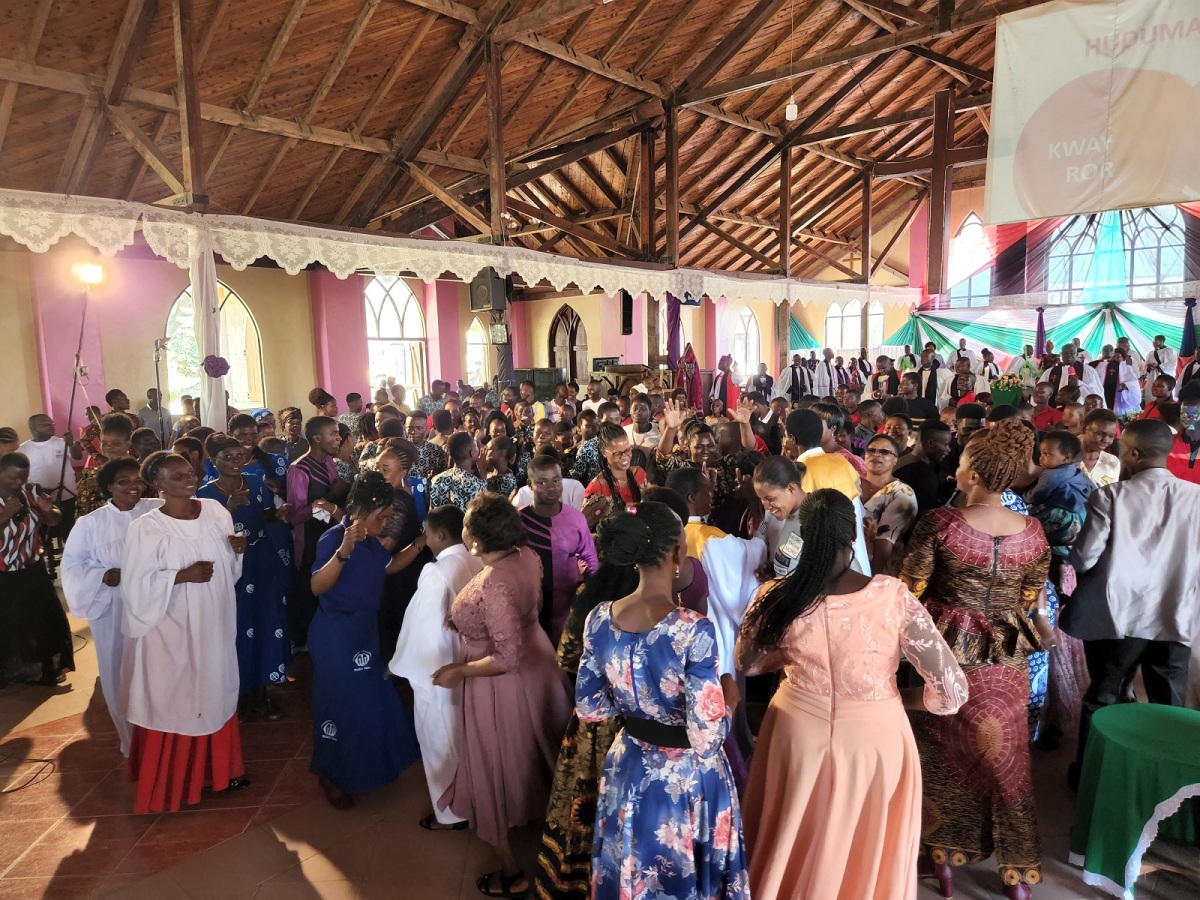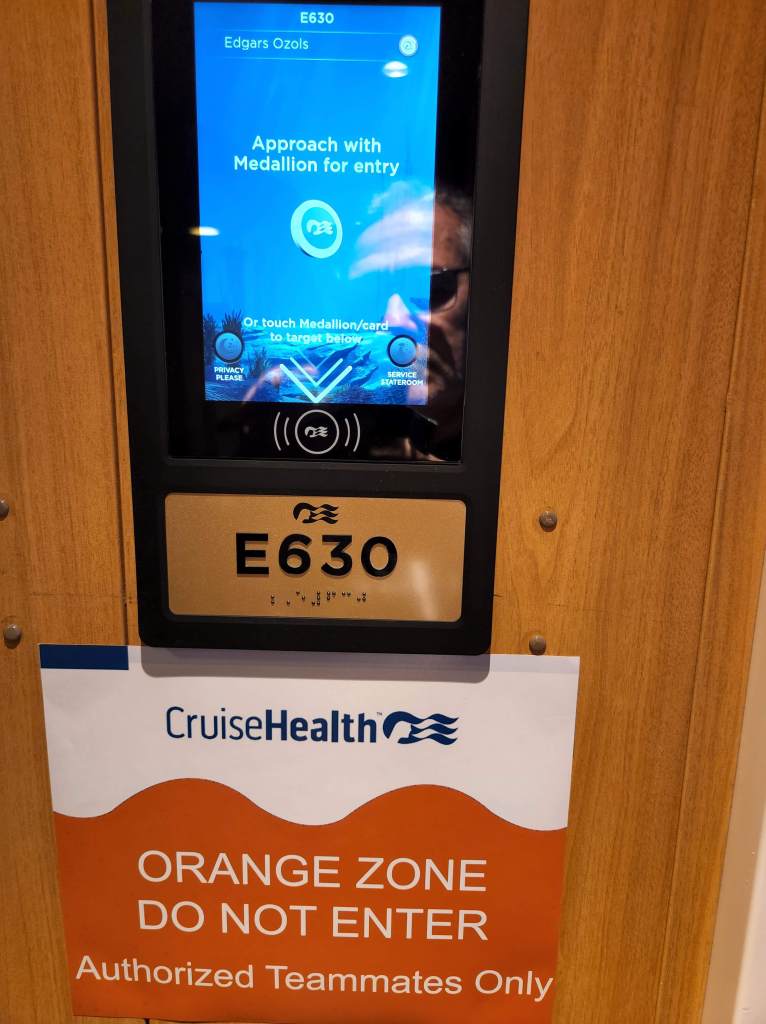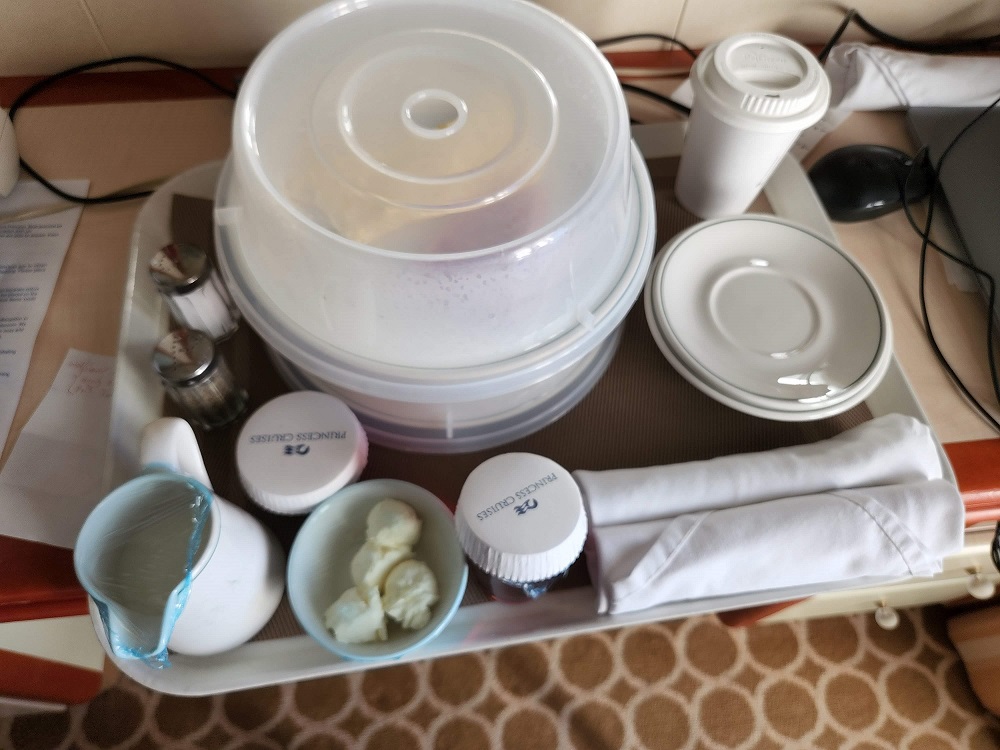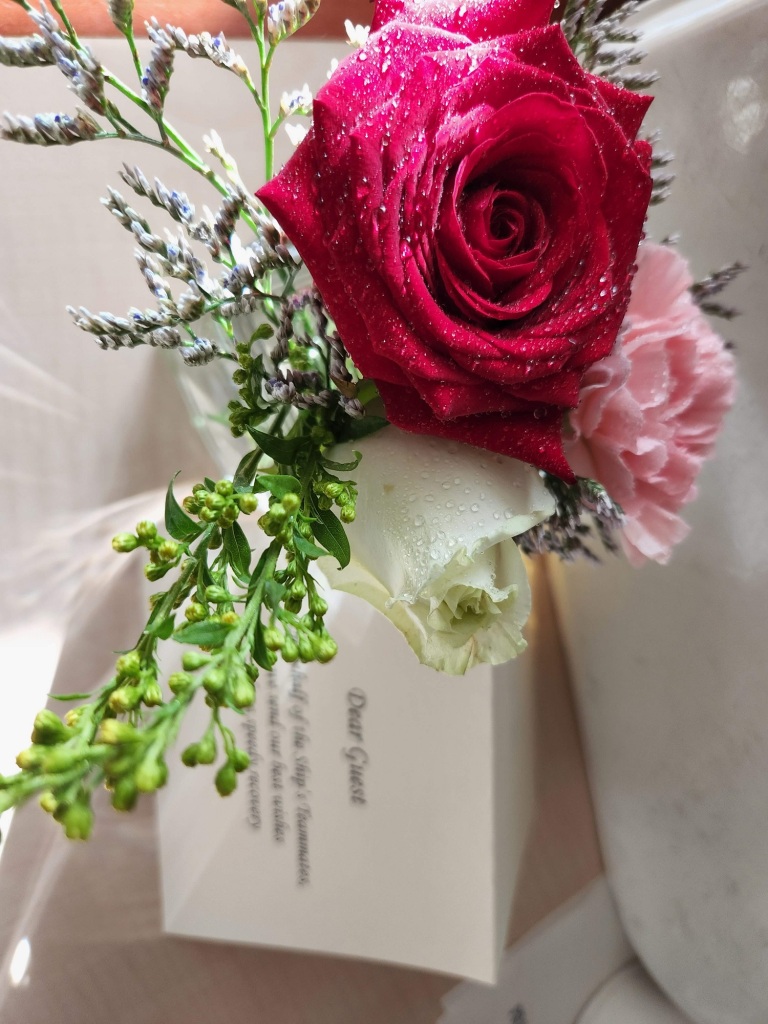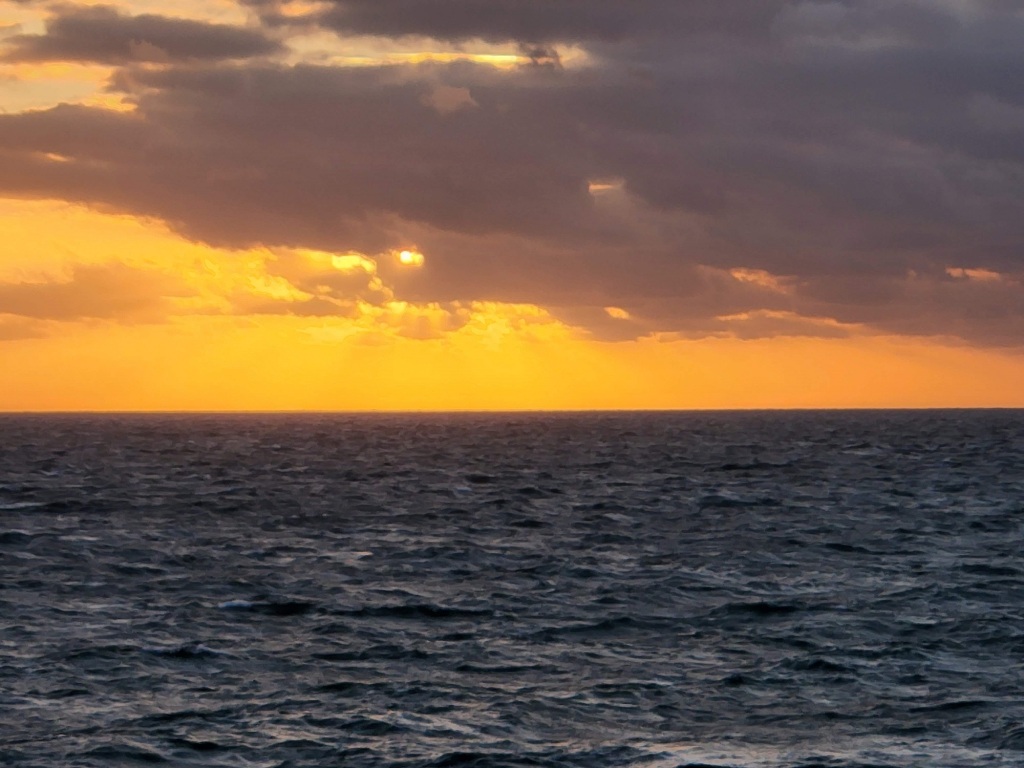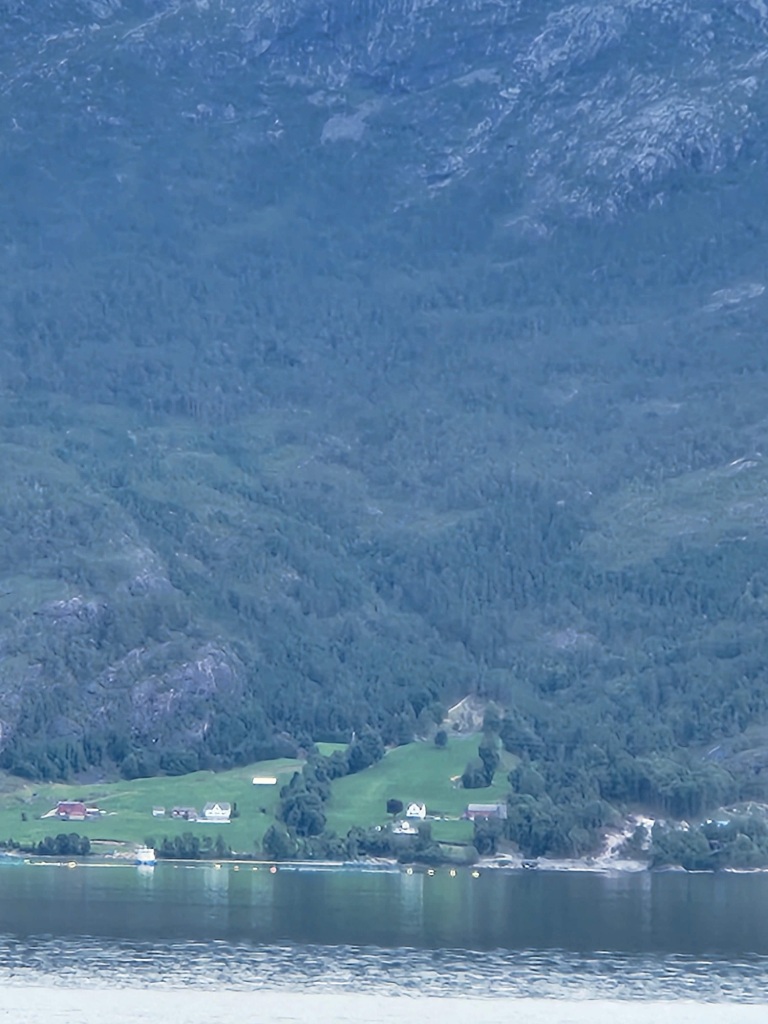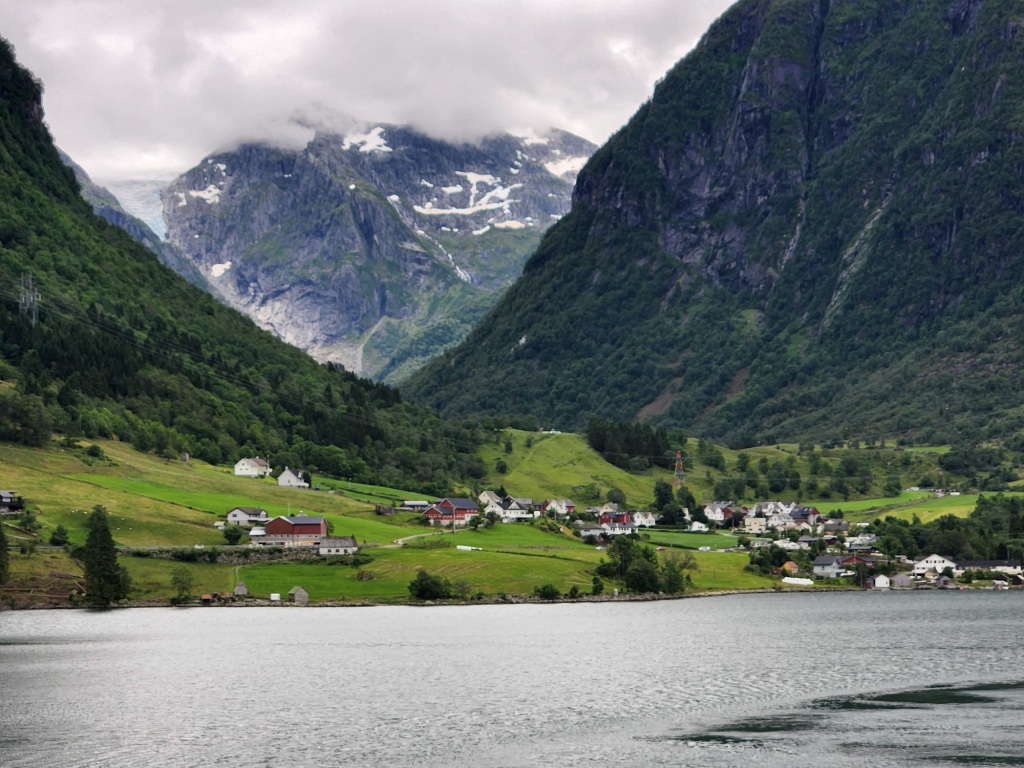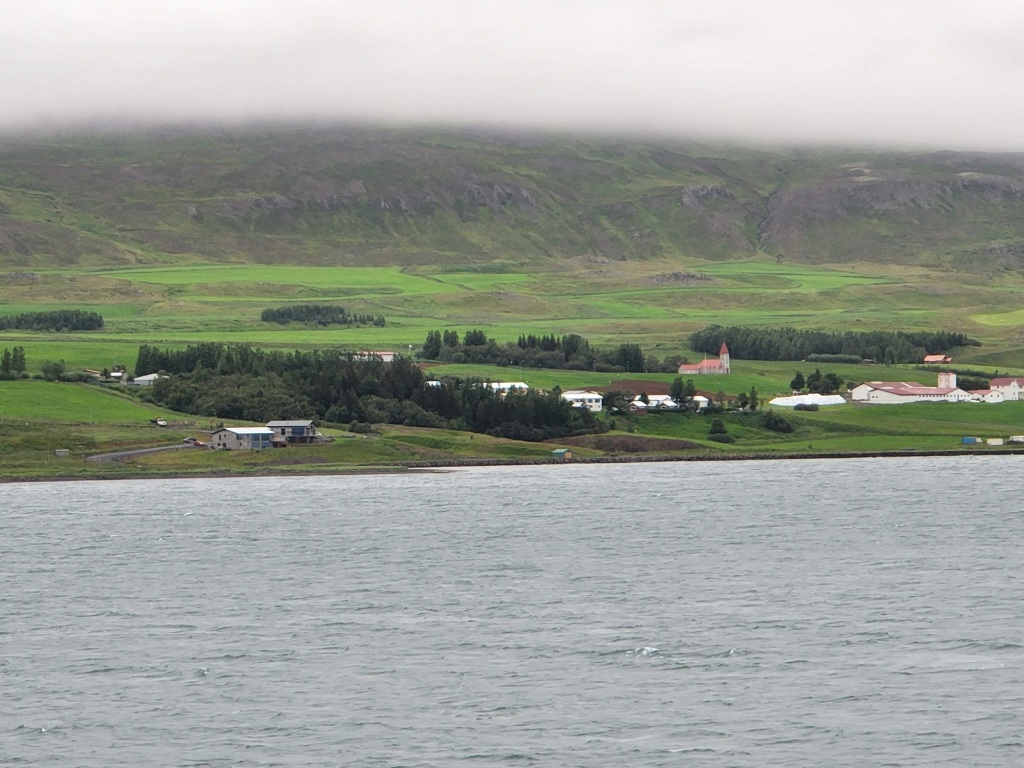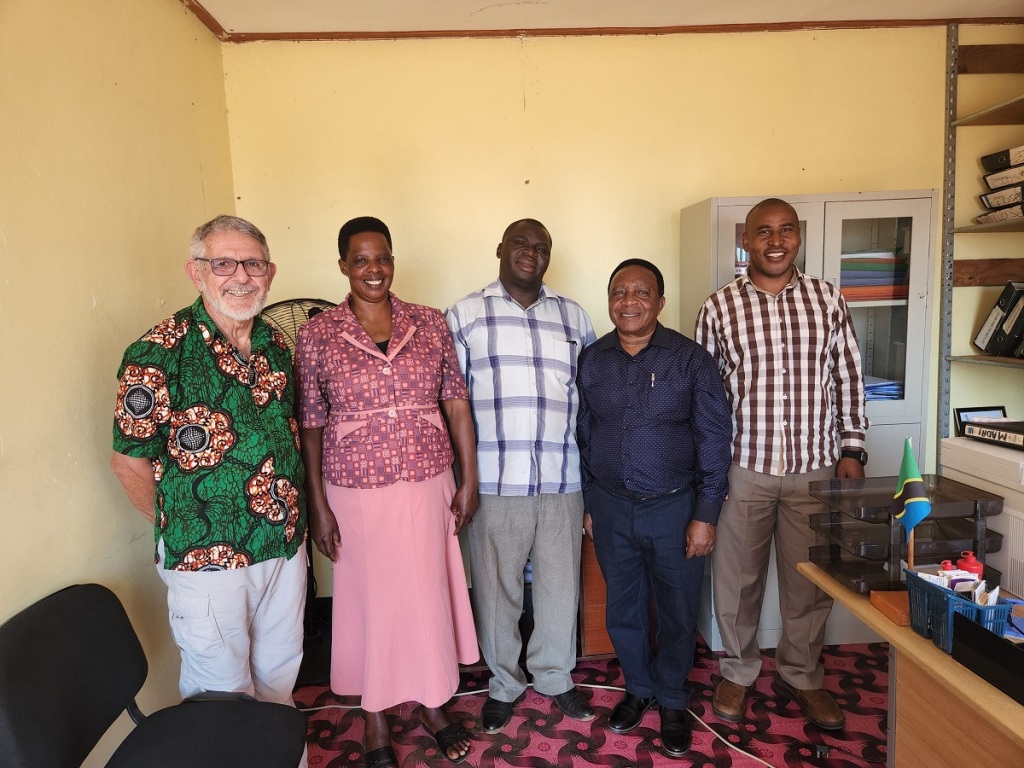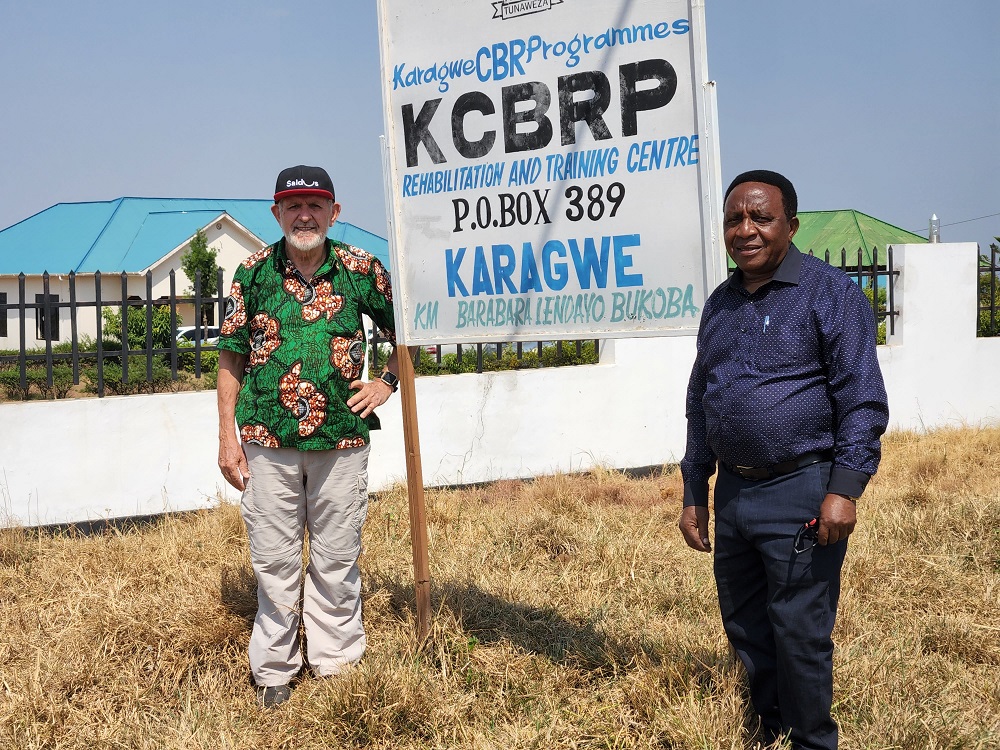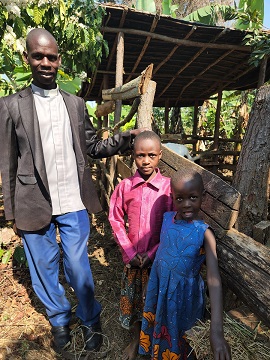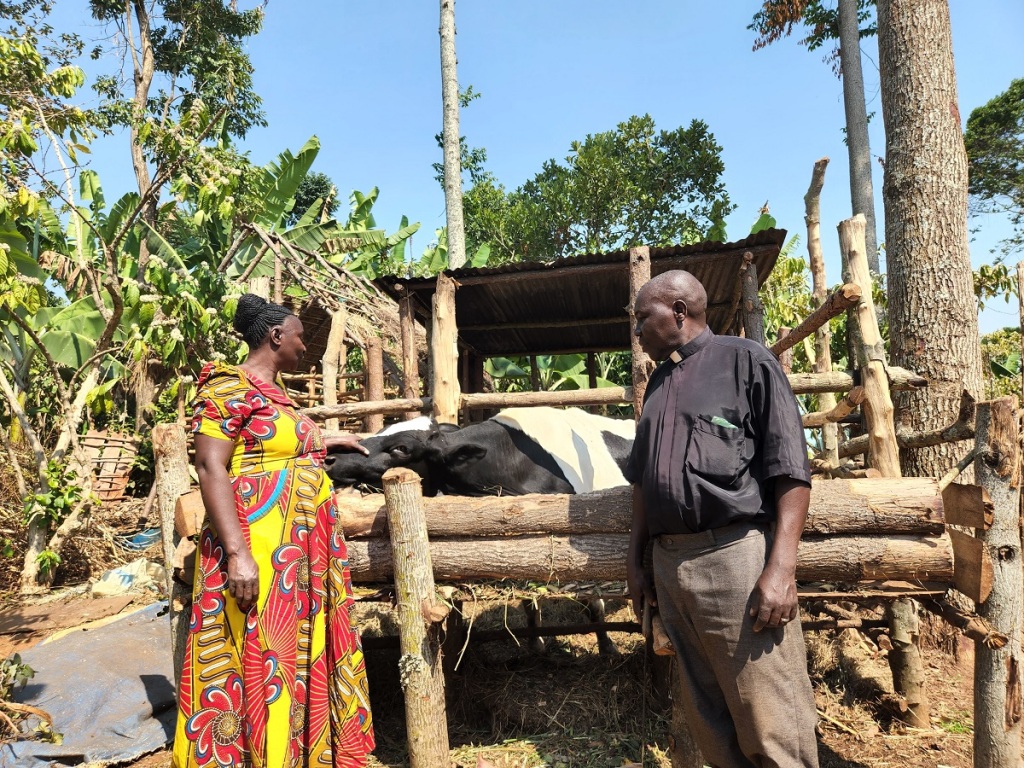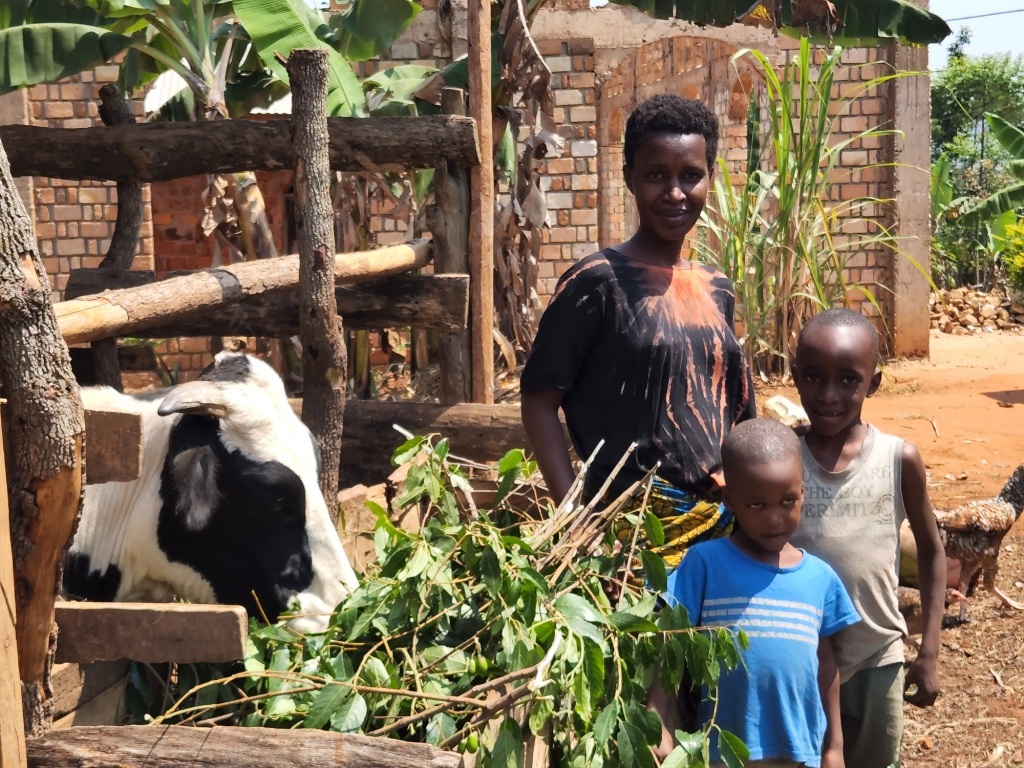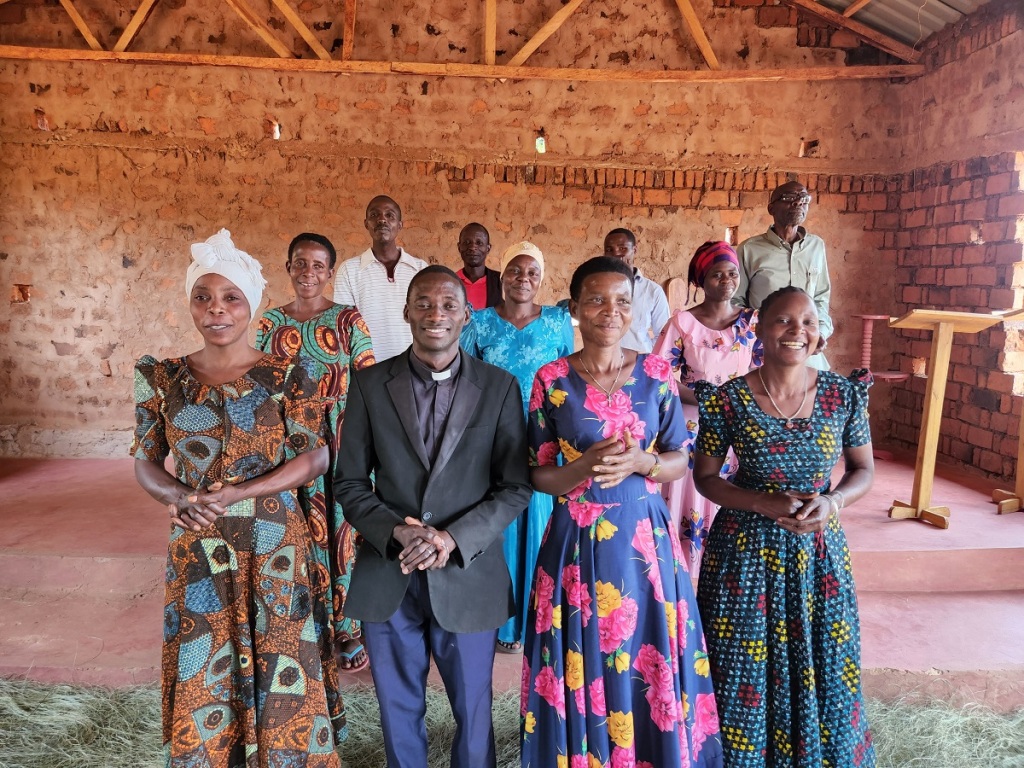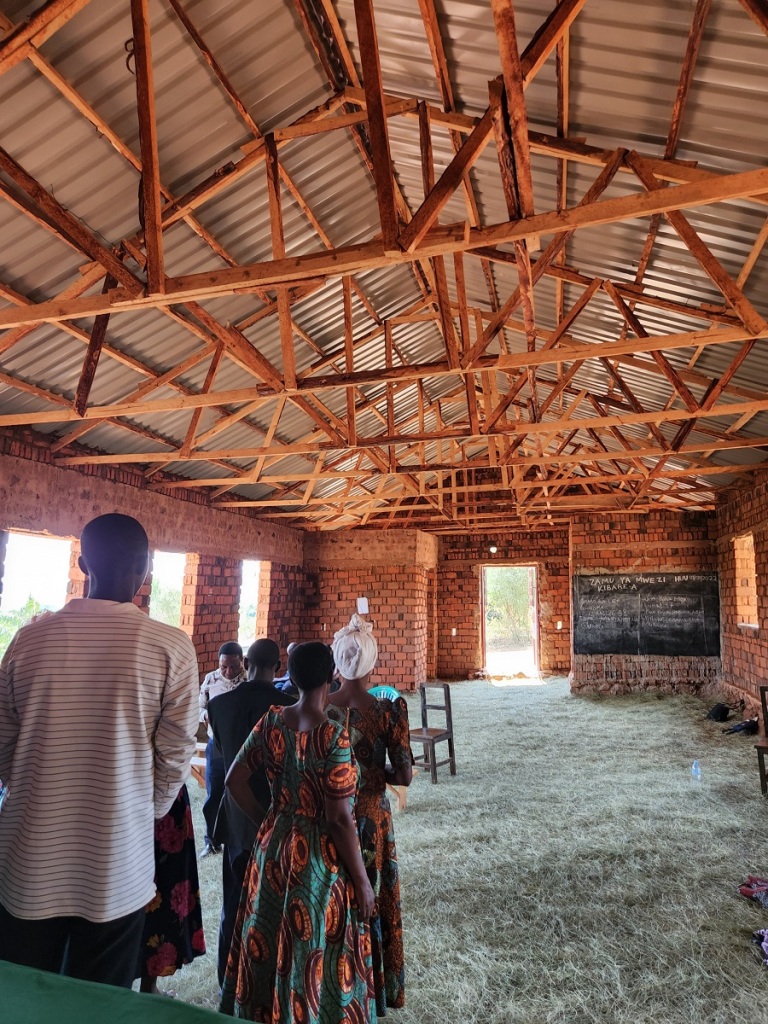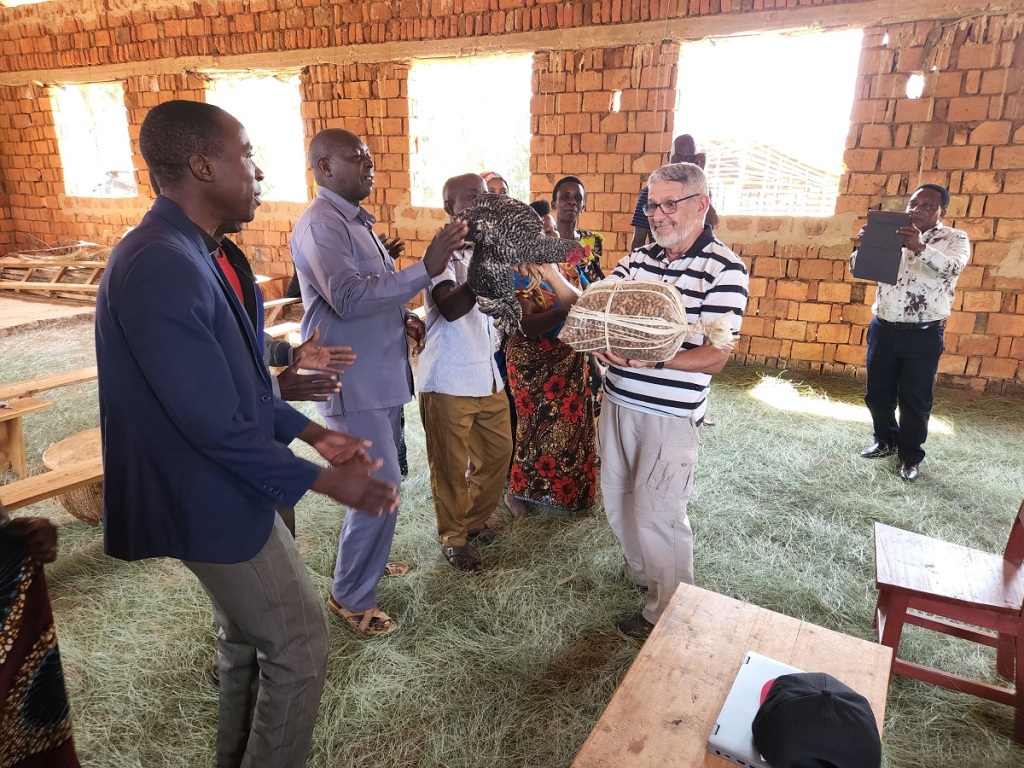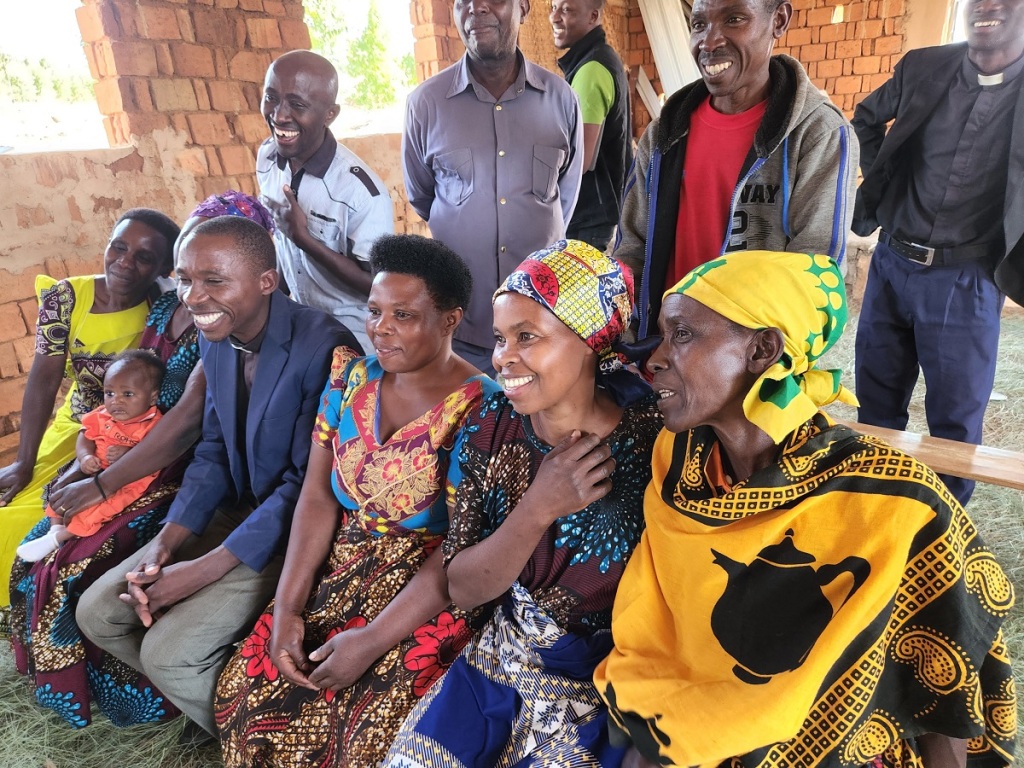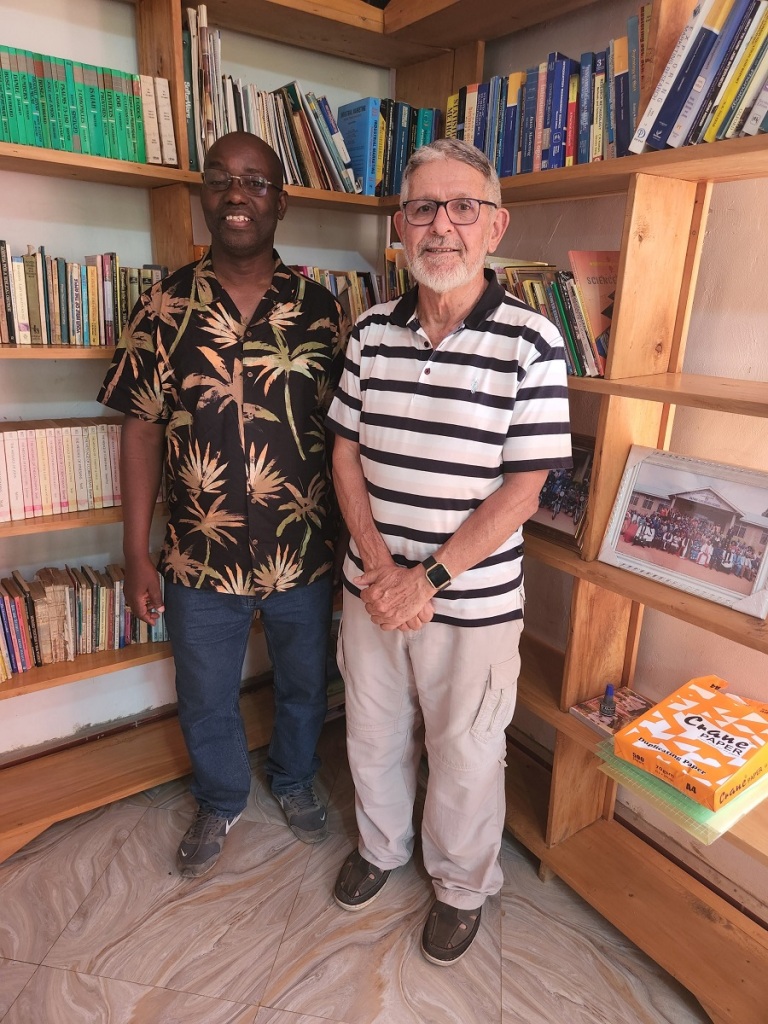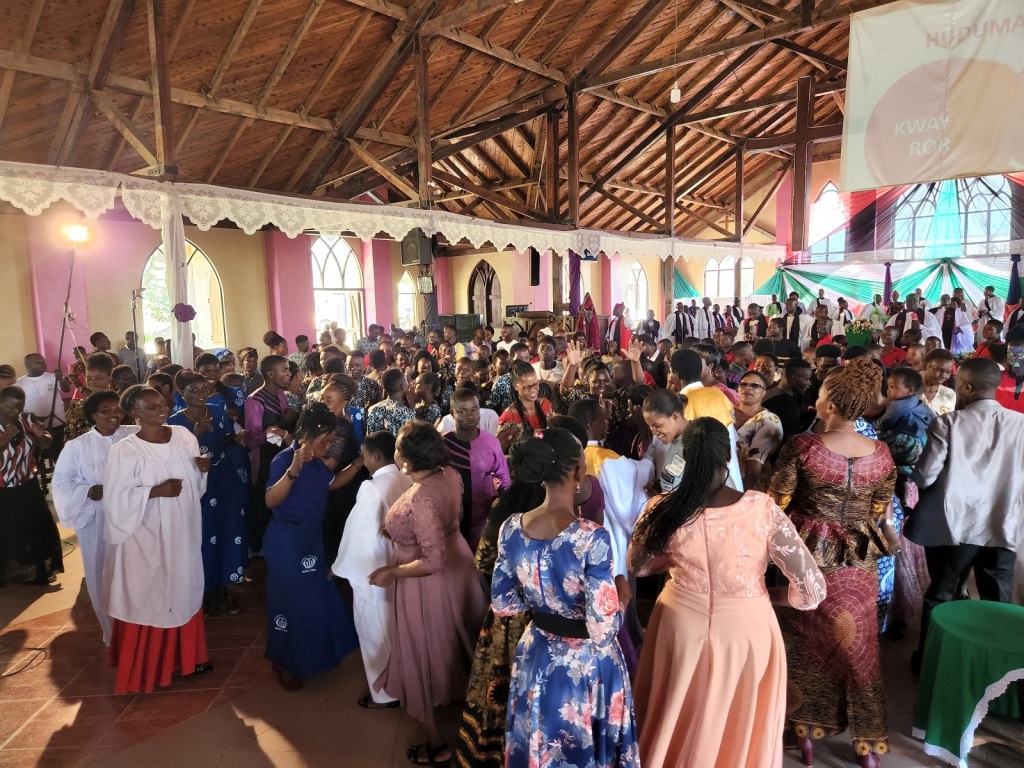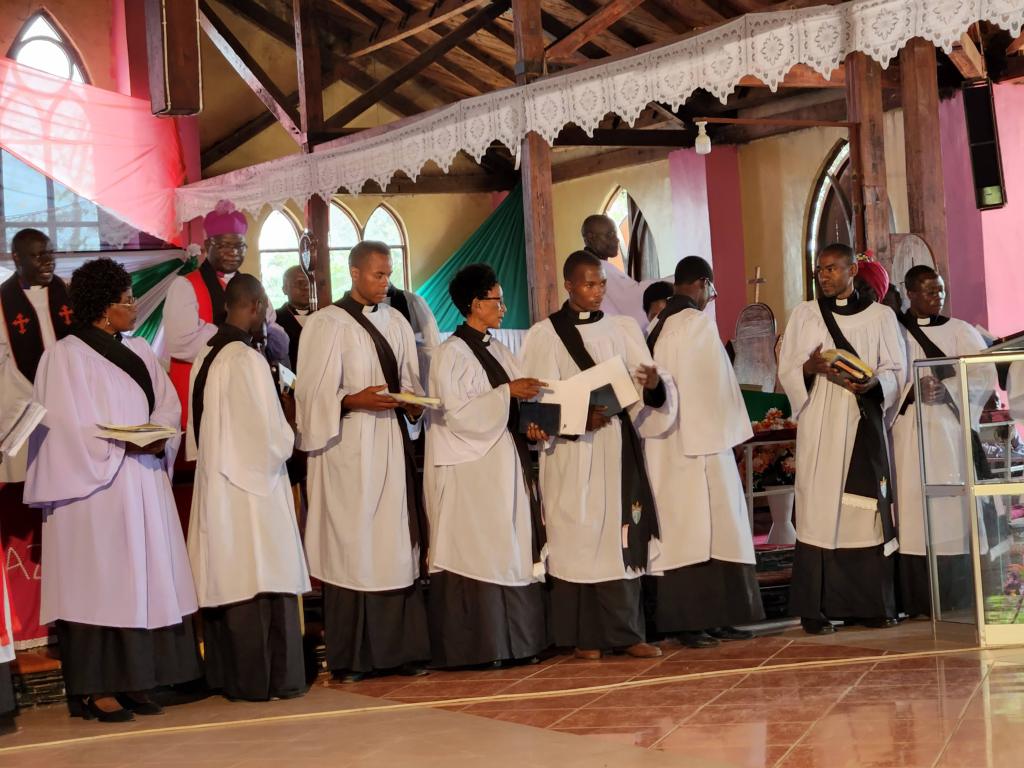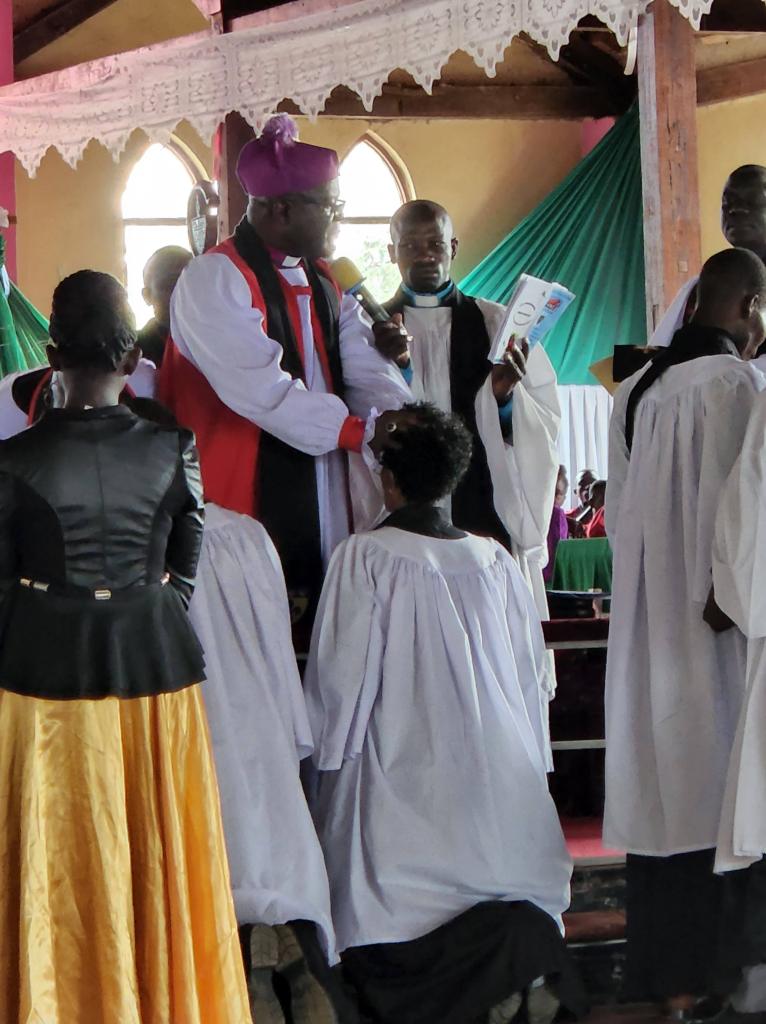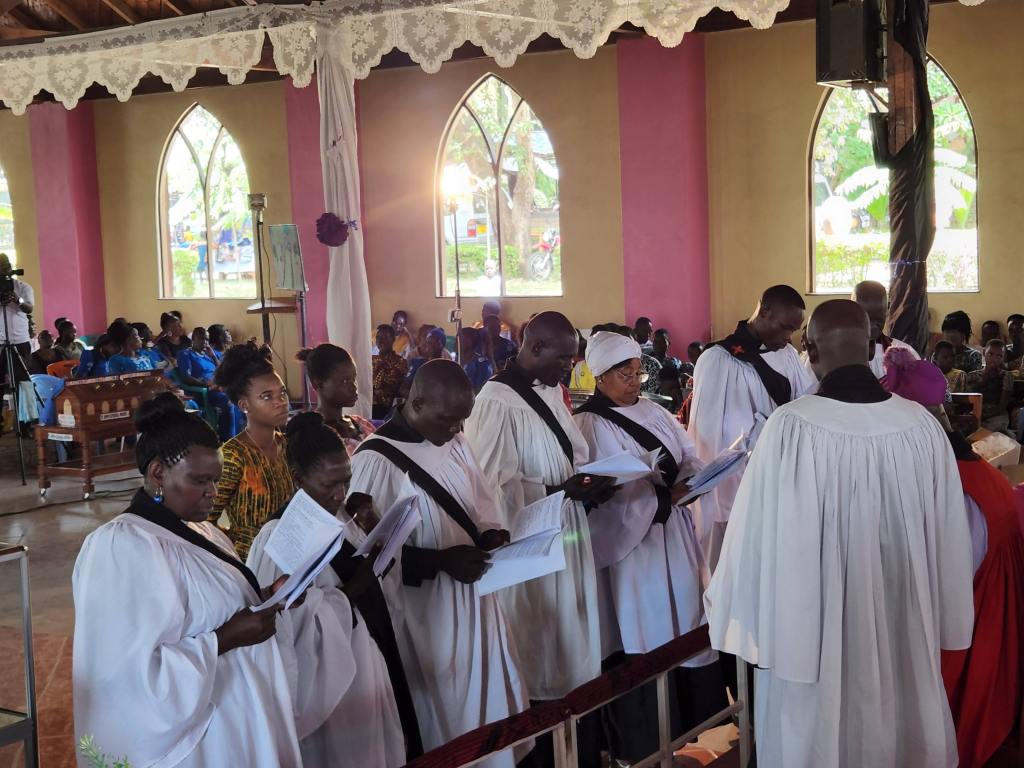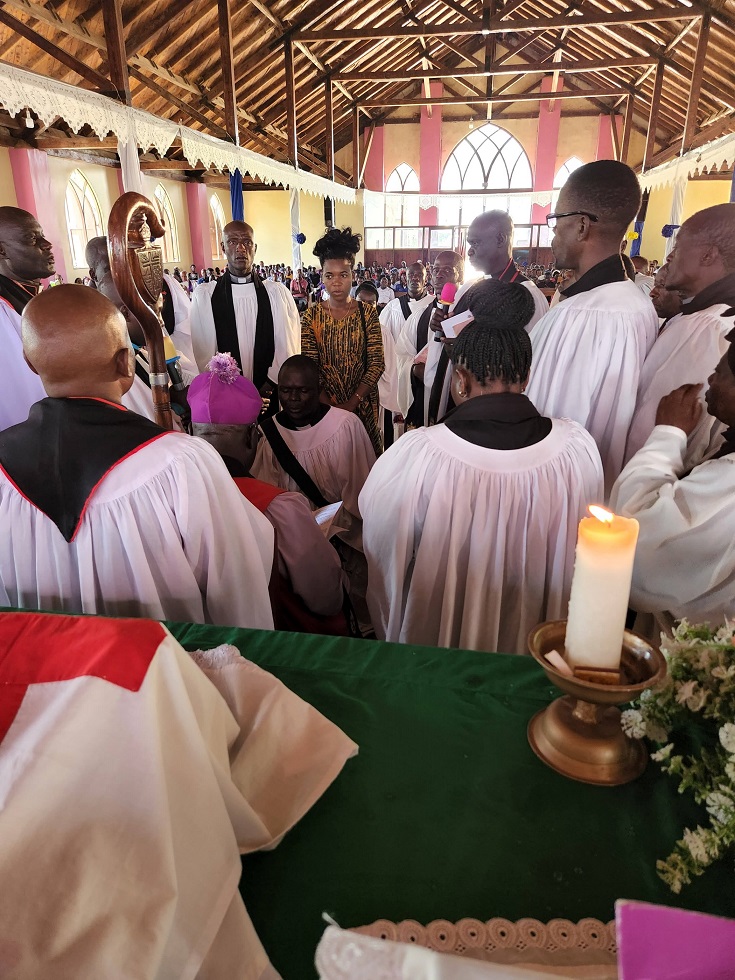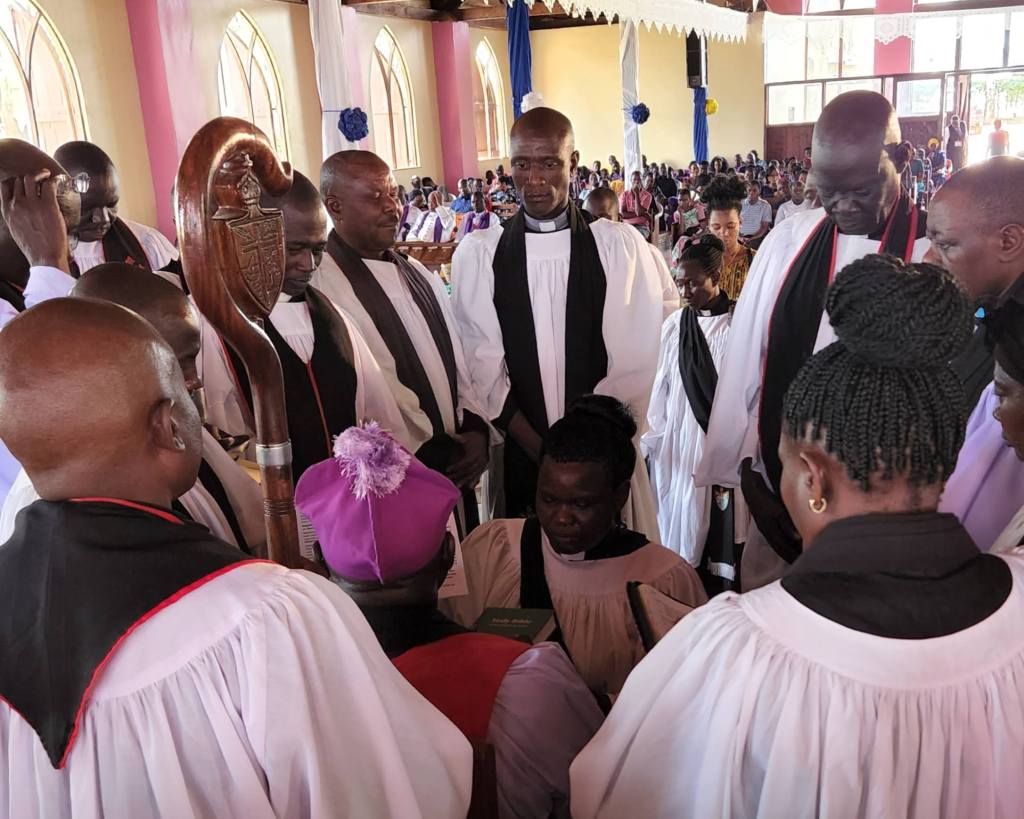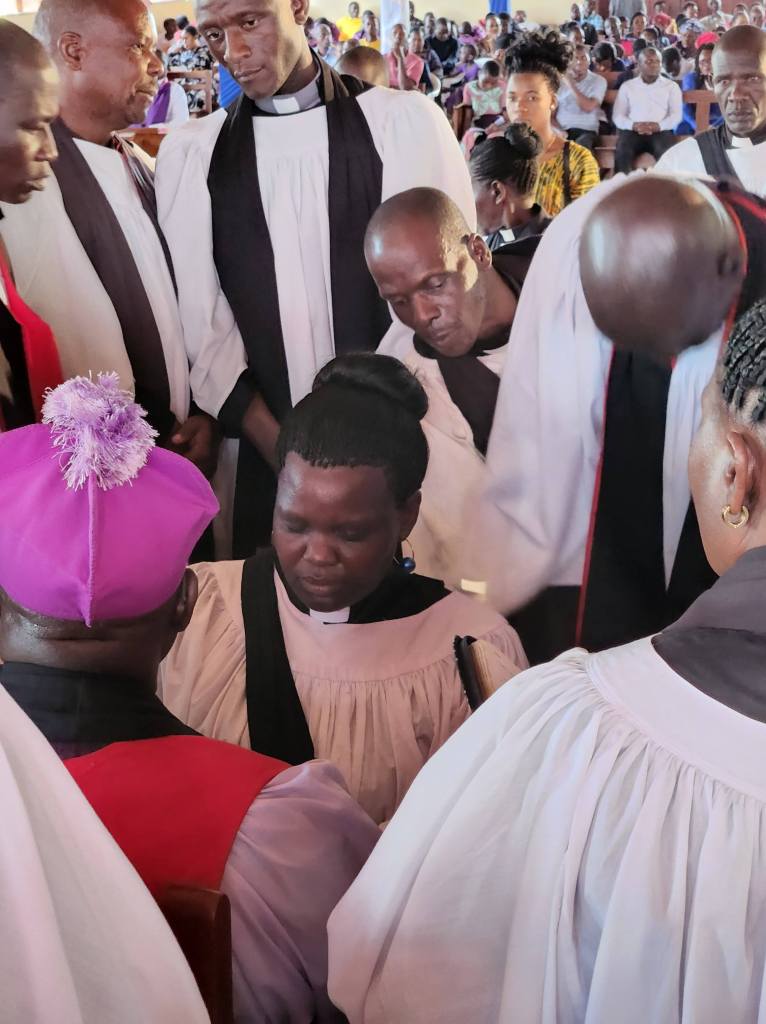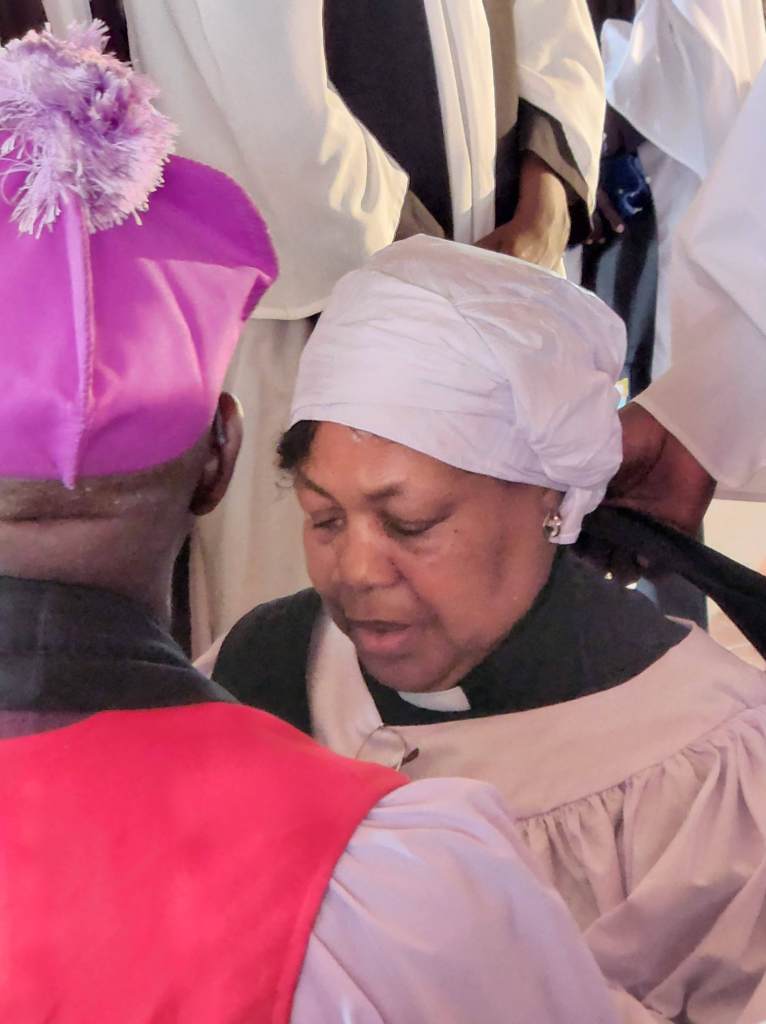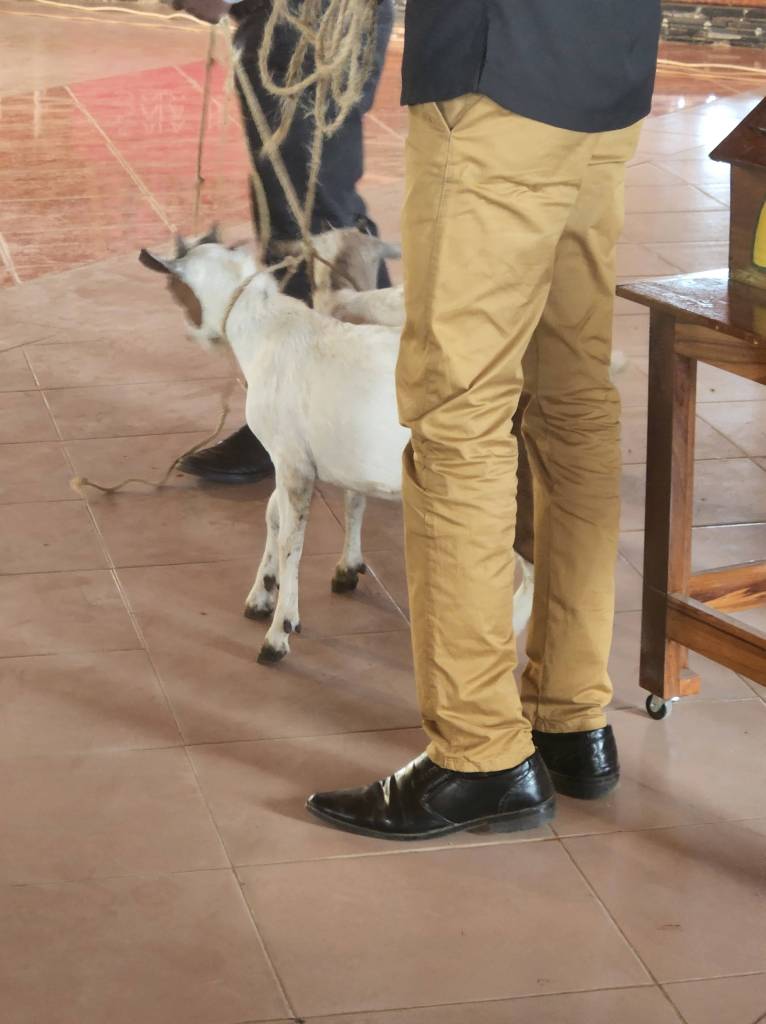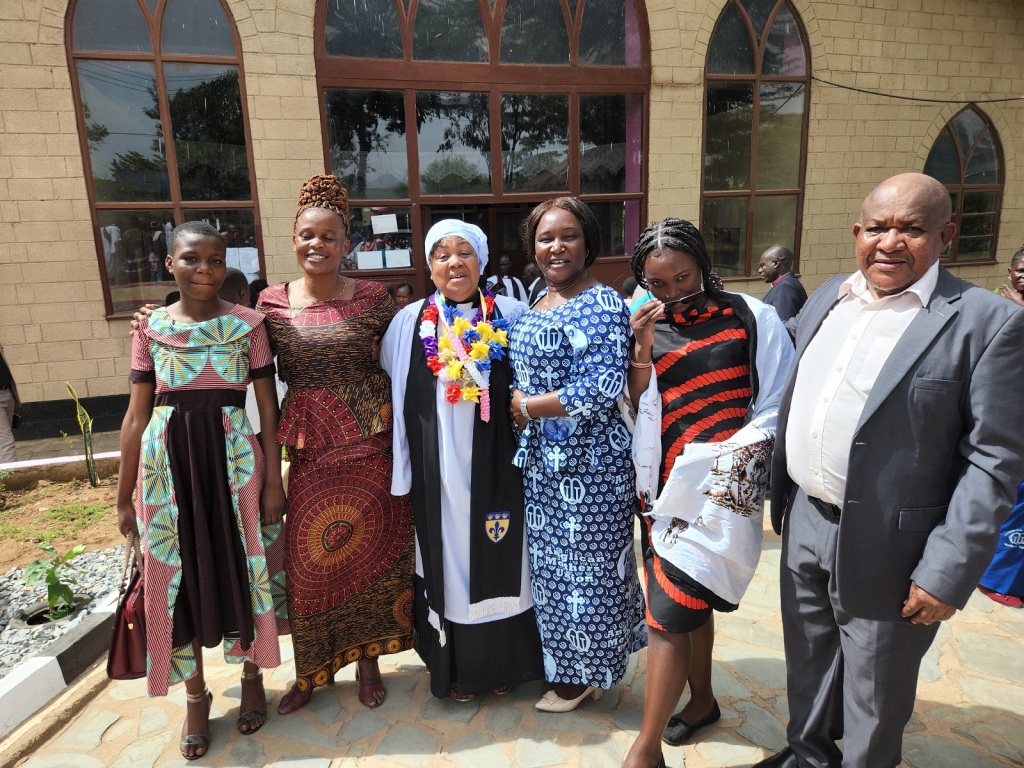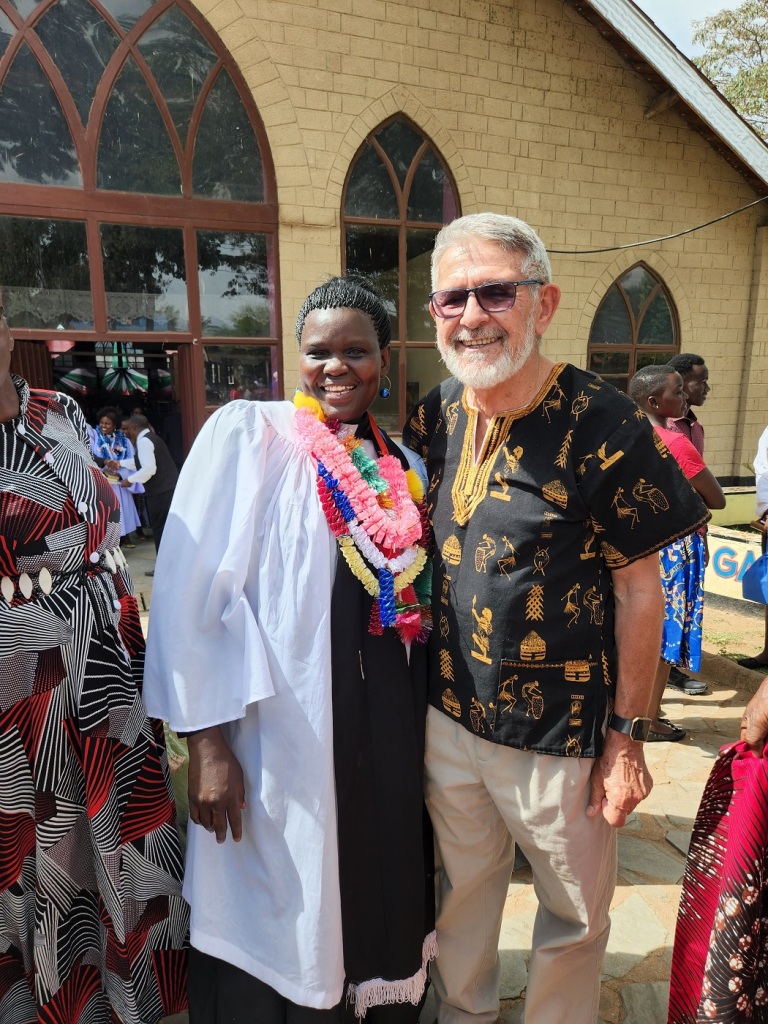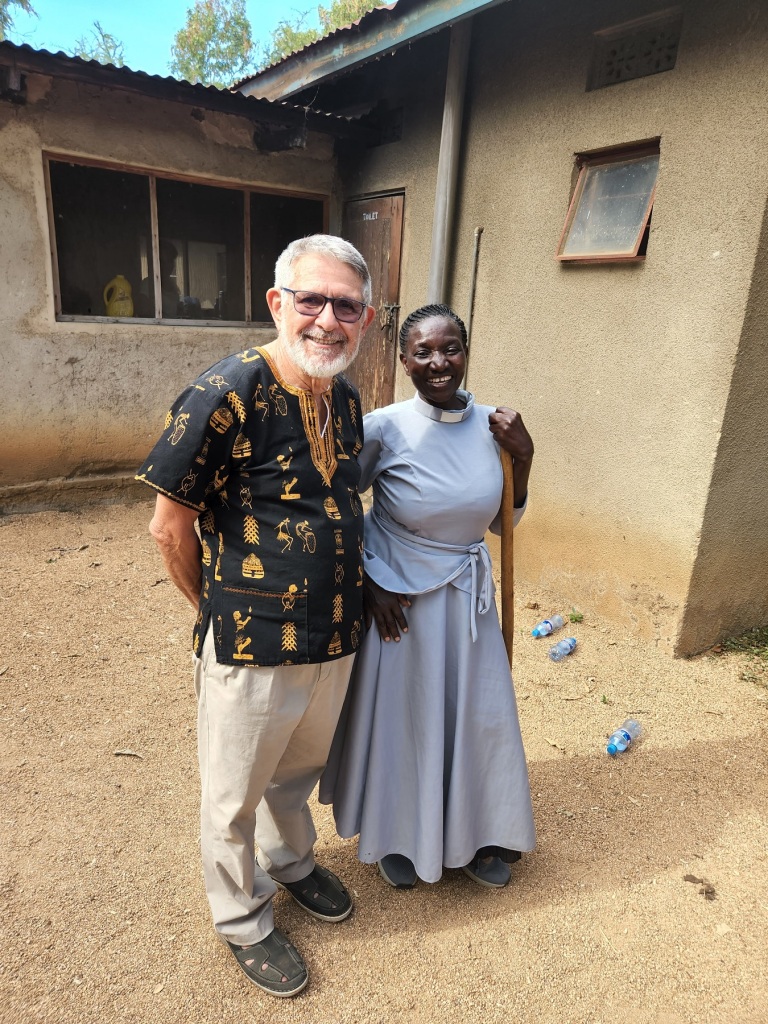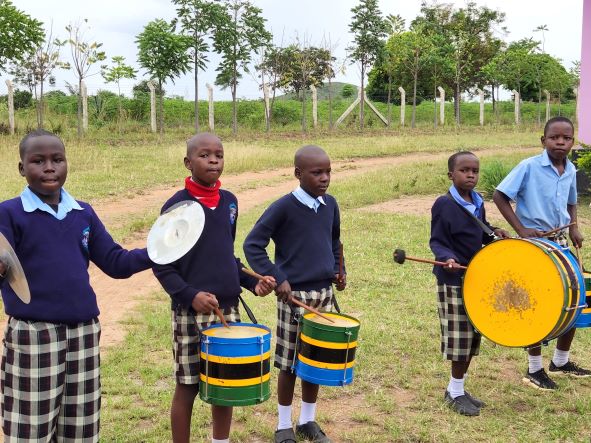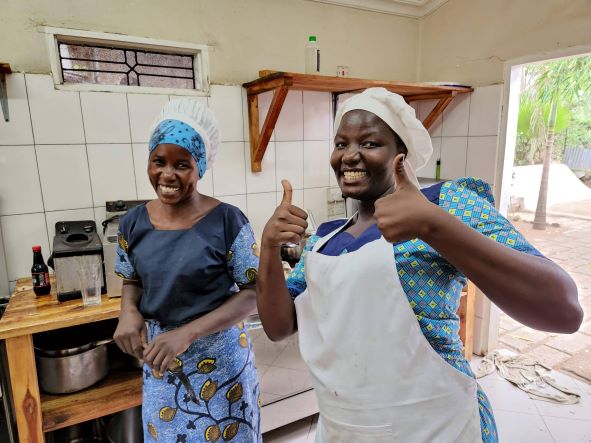Family Matters
Tanzania has over 120 tribes or language groups. The president at independence, Julius Nyrere emphasised that the country comprised Tanzanians who were all united and this took precedence over tribal loyalties. However everyone knows which tribe they come from and which tribe others belong to. This is a peaceful country, one of only a handful of the 54 African countries which had no post colonial political violence. Tribes and religions live in harmony. The president is a female and a Muslim.
The Serengeti is dominated by the various sub- tribes or clans which speak the Kuria language. Kuria is the main tribe but clans are distinguished from the clan groups in practice but language is similar. Kurias are pastoralists but unlike the Masaai they maintain permanent homes with animals being herded sometimes for days to be fed.
These tribes have unique customs including being one of the few regions in Tanzania where female genital mutilation is practiced on girls as young as twelve, not for religious reasons but as a cultural practice. It is believed that unless circumcised, girls will not be an attractive marriage proposition. It is also believed that circumcised women are less likely to wander when their husbands are away with the cattle. The Tanzanian government has outlawed this practice which in the past had public celebrations in the streets of Musoma as ‘The Cutting Season” commenced (November/December) with street parades and other celebrations which are no longer publicly on display.
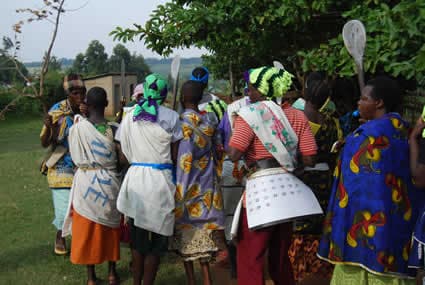
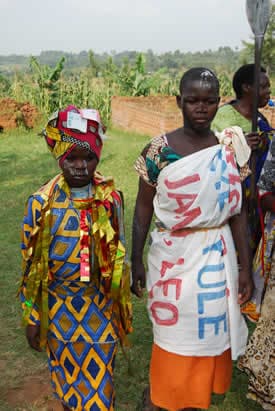
Once cut, girls have transitioned to adulthood and are seen as marriageable. Marriage in early adolescence is not uncommon. Polygamy is still a widespread practice here and often young girls are married at their family’s behest because of the bride price which I will refer to later.
The whole culture enslaves girls and women who have no voice in these scattered villages across the Serengeti, extending into southern Kenya.
Nguti’s Family – Three Generations
Arriving at Gesarya near sunset I was taken around the large compound that is the family home. The original mud brick house built in 1985 after his parents married still stands and the compound I estimate is about 45-50 metres across and 30 metres deep. It is a large area of land. Added to that initial building has been the kitchen, a guesthouse (where I stayed) which is the newest completed building and then adjacent to that a mish mash of buildings that are storing no longer used assets, leading to the original washhouse now inhabited by cattle and sheep, the newer toilet and bathroom and then the fence which ends at the back fence which stretches the 45 metres south to the next fence. Along this fence are some partially constructed houses for siblings and Nguti explained he would be entitled to build a house here for himself. Then up along the south are at least four rooms or houses which belong to brothers not living there at present and two are rented out for AU$6 monthly. A family wth three children lives in the larger house and sometimes is unable to pay rent.
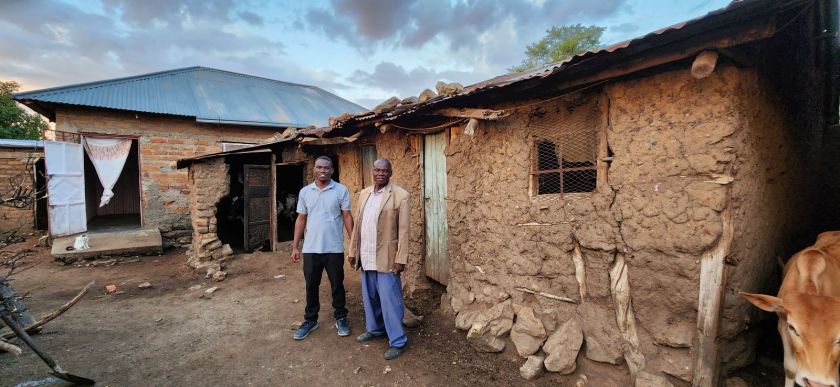
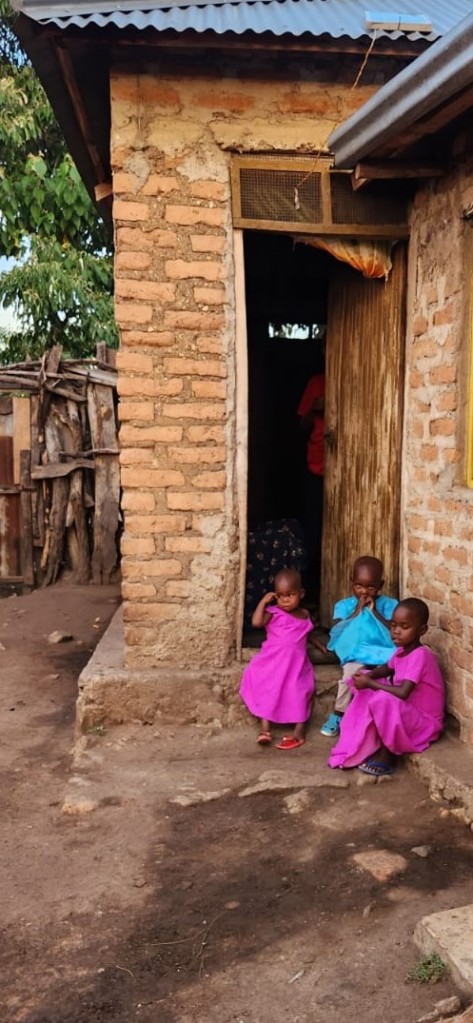
I was introduced to Nguti’s parents who welcomed me warmly. His father is Mwita Nguti Gisiri (first his birth name, middle his father’s name and and last his grandfather). Typical Tanzanian hospitality was dished out to me while here. His mother was slaving away in the kitchen, using charcoal to cook as she has done her whole married life. The kitchen was black from soot over the many years of cooking indoors and smoke was in the air. No air vents here.
Dinner Friday night by torchlight in the ante-room off my bedroom. Some tables put together and in came a chicken dinner which could have been prepared in any western kitchen. It constantly amazes me how women here can turn out meals of good quality hunched over charcoal and wood stoves. Rice was served with the chicken and I was asked why I had taken so little. Mr Nguti made the point that tonight was Mrs Nguti’s show of hospitality and tomorrow it was his turn to display hospitality by slaughtering a goat for lunch.
While the family ate without utensils a fork was provided for me. I later learned that Mrs Nguti on seeing the fork, brought from Musoma asked what it was used for. She thought it incredulous that it was an eating utensil we use.
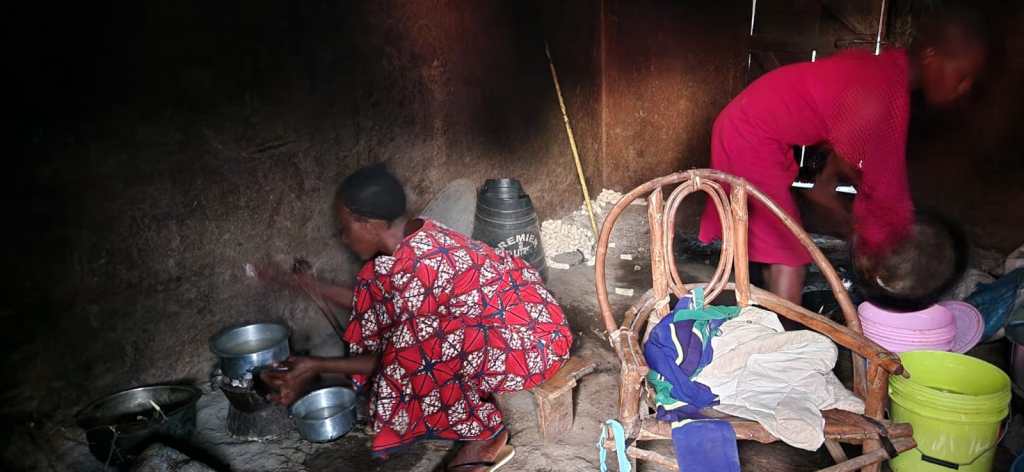
Marriage
His mum Ghati is aged 58. Married in 1982 when she was 17, I was told by his father with some pride, that she commanded a bride price of 28 cows. I expressed astonishment at this figure only to be told that her mother’s family received forty cows when she married. However her own daughters received eight cows. The increase in population and consequent reduction in grazing land has changed the marriage economy (my words) as well as the economy generally.
Nine living children were born to her and they were raised as traditional village children but did go to school. In Nguti’s case Gesarya Primary School and he did well enough to proceed to secondary school at Mara River and walked 12 kilometres each way to school. He was the only one to proceed to high school (11/12) and then to university. Apart from a younger brother, himself and his 13yo sister all siblings are married and live away, many in Mwanza and a visit to the village by them is a rare occurrence.
Into an environment of no electricity, water which was fetched a few kilometres by the women and girls and seasonal income Nguti was born. He suffered a skin disease so was unable to participate like his peers in games and activities in his childhood.
Married as Christians, with Nguti Sen having been a full time evangelist in a petecostal church, young Nguti’s life was turned upside down when at eight years of age his father married as a polygamist. He told me he had been selected by the elders to be a cutter (circumciser for young men) and with this responsibility that he was required to take a second wife as part of the custom. The wife was pregnant at the time and the dowry was only three cows. As Nguti descibed it, she “had no value” given her preganancy and so marriage as a 19 year old to a forty plus year old man was seen by her family as a good outcome. He remembers a party to celebrate this marriage with his mother absent from the celebration. The child born from the other man was promptly sent to the bride’s family to be raised.
This (first) second marriage did not last long as she left mainly, says Nguti due to his father’s drinking. His father then decided his next second wife should be a larger woman. She came with baggage having given birth out of wedlock and again the dowry was reduced to six cows. She left in 2013 and like the first polygamous wife, cows were returned to him. It almost seems like these marriages never happened, a bit like Catholics annulling a marriage.
We visited the current second wife, Sophia who lives in a separate compound with the three children born to Nguti Sen. Sophia had a child at 16 years of age and a year later became Nguti Sen’s current second (really fourth) wife. Her children are aged 5, 4 and 1. She is not Kuria but was raised in the Serengeti. I asked her if she would allow her daughters to be circumcised and she responded with an emphatic no. However her husband will have the final say. Apart from her child caring she works the land growing crops. Her husband spends most nights at this residence. She expressed satisfaction with her life, telling me she was happy.
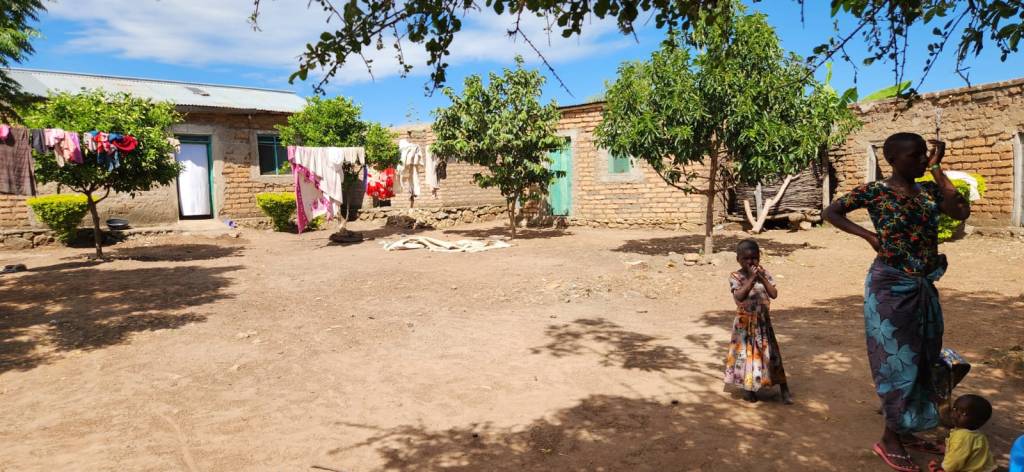
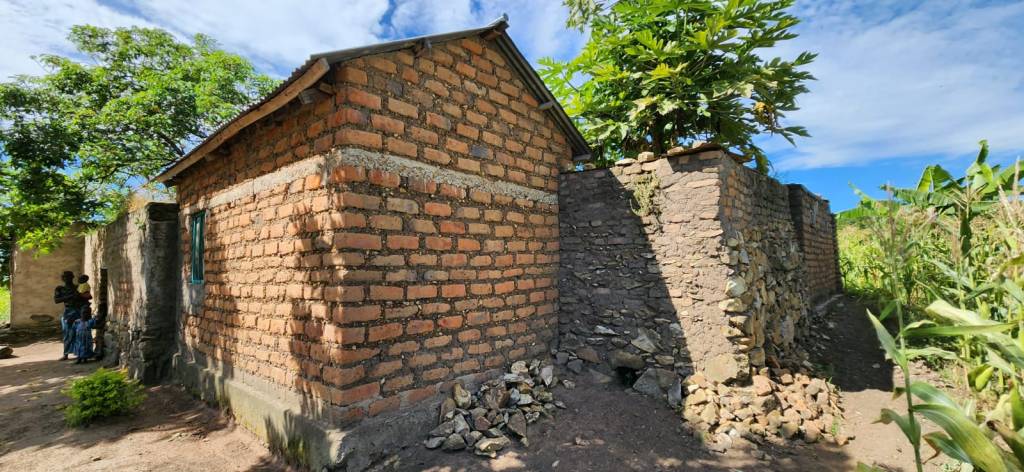
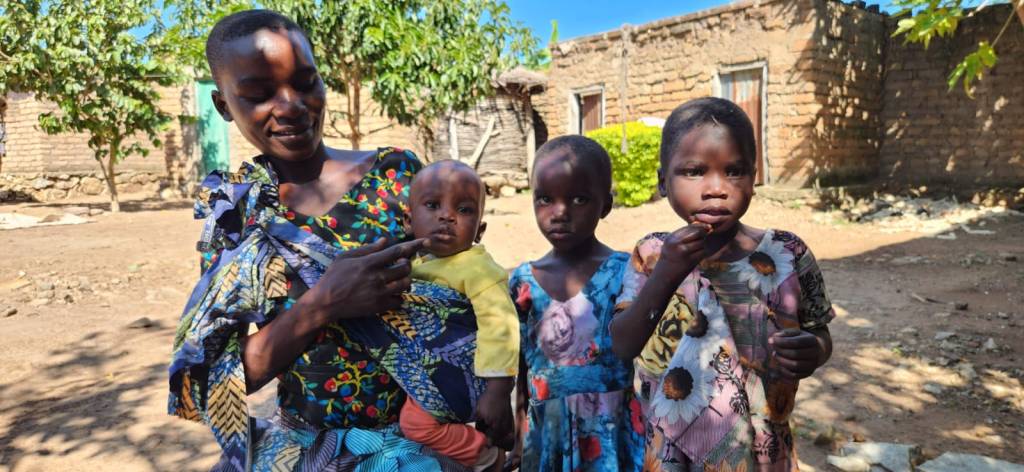

From here we walked to Agnes Nguti’s home. She is Nguti’s grandmother.
To be continued …….
Information in this blog has been approved for publication by Nguti who is sharing his story.
